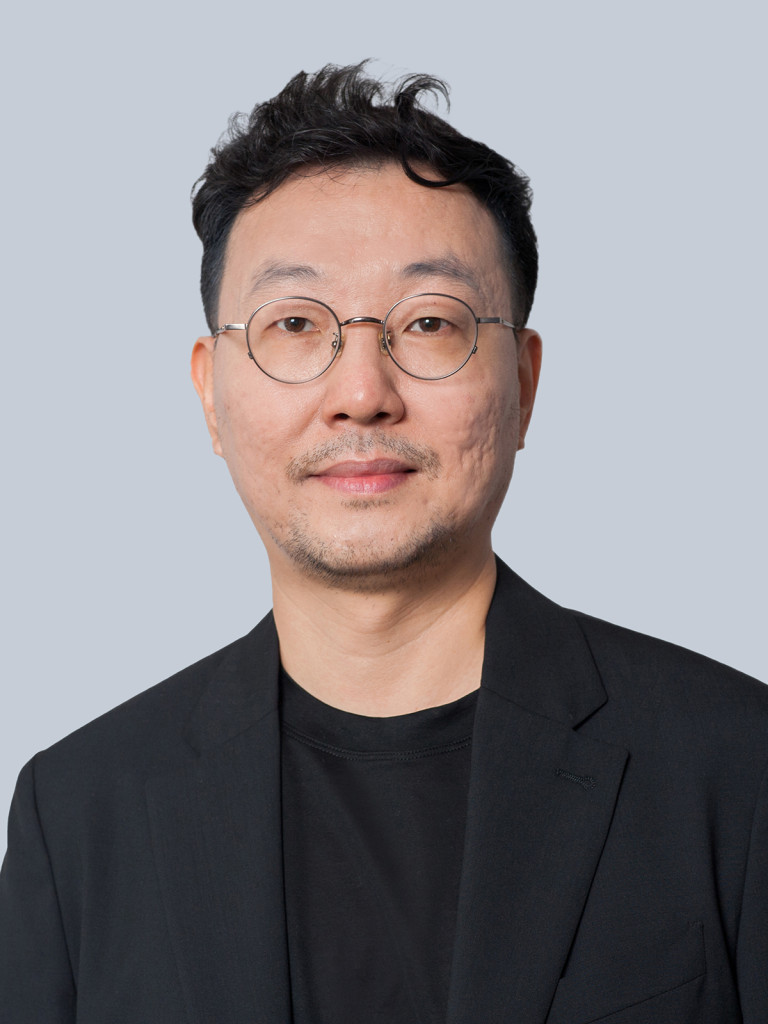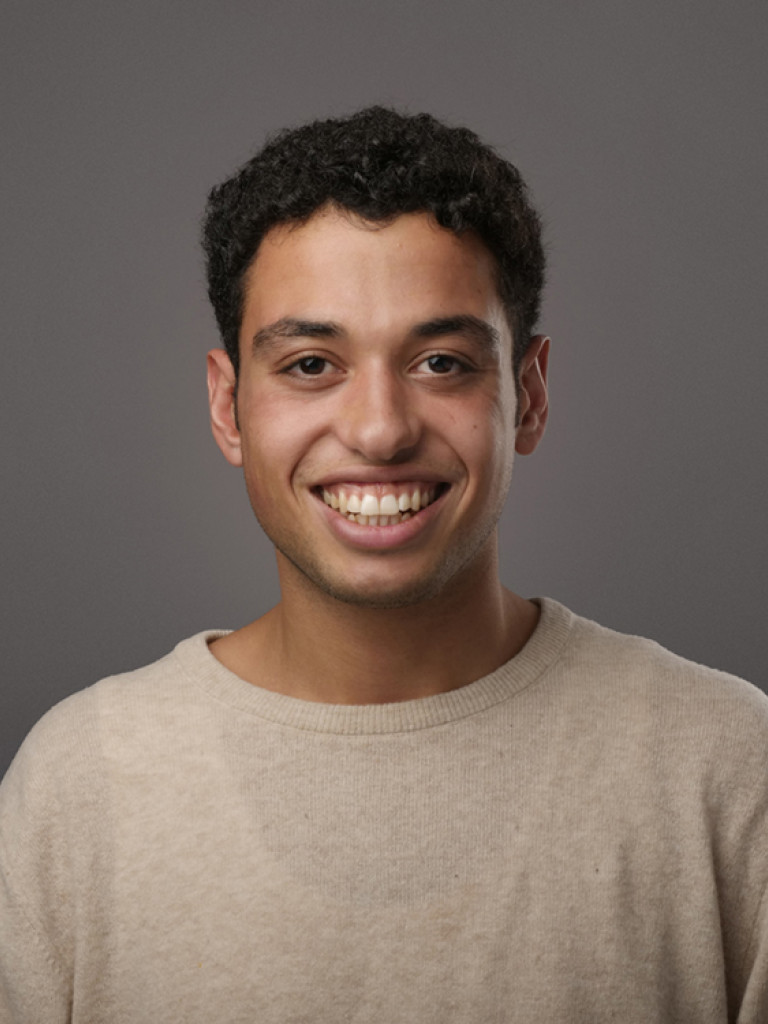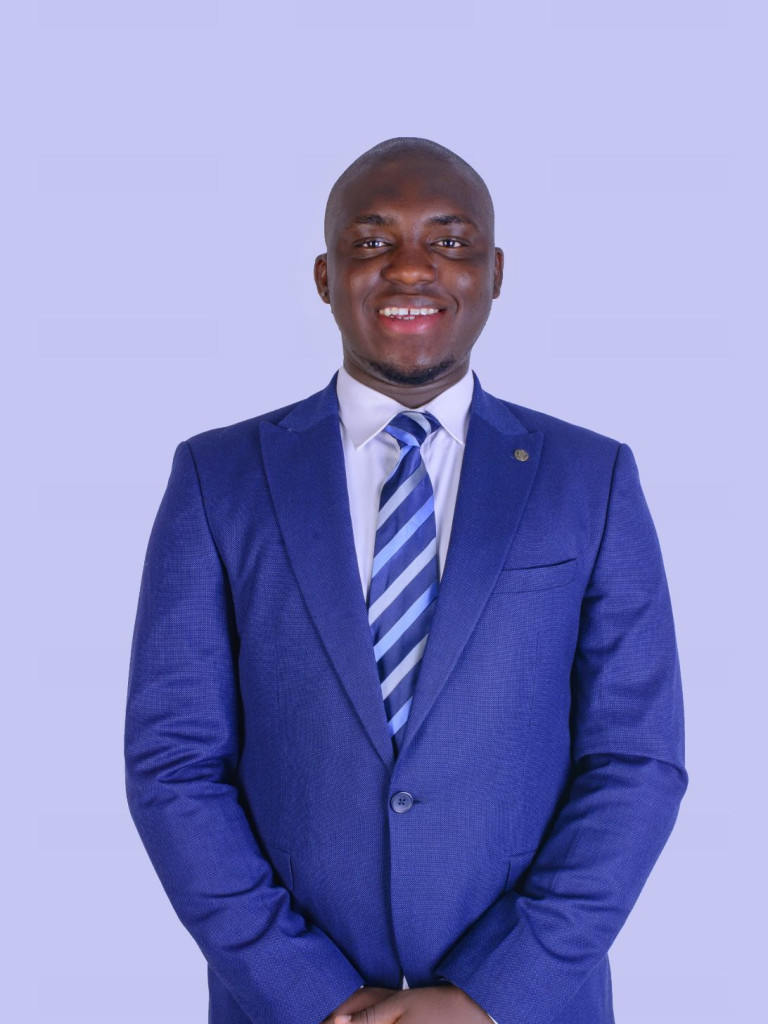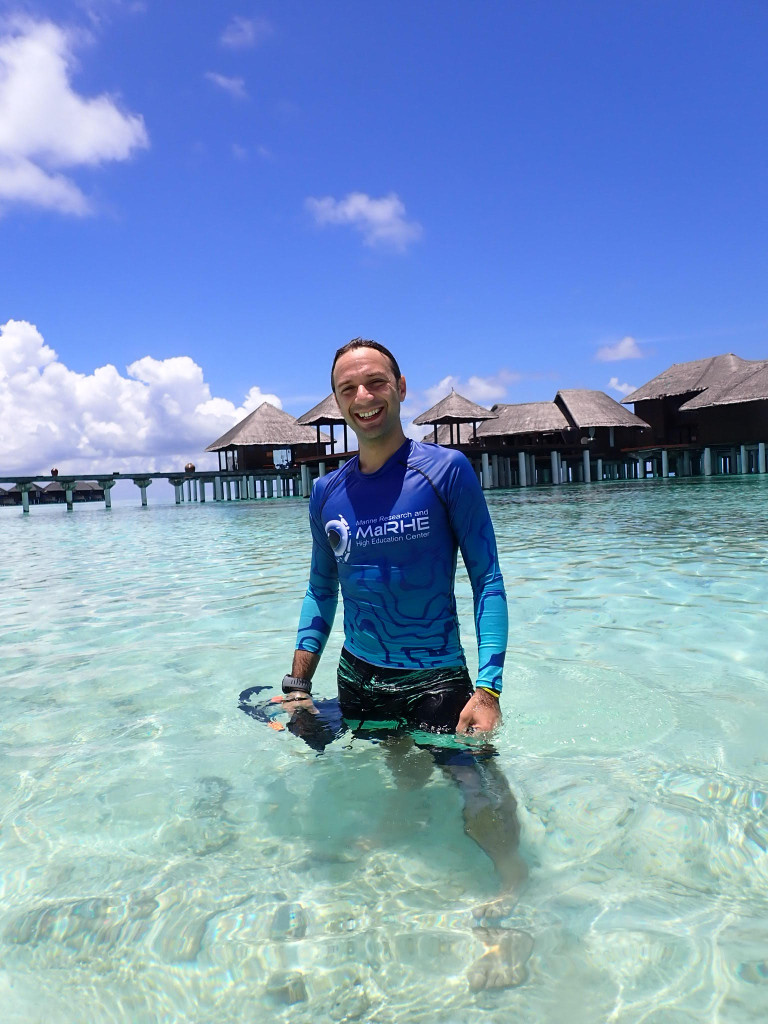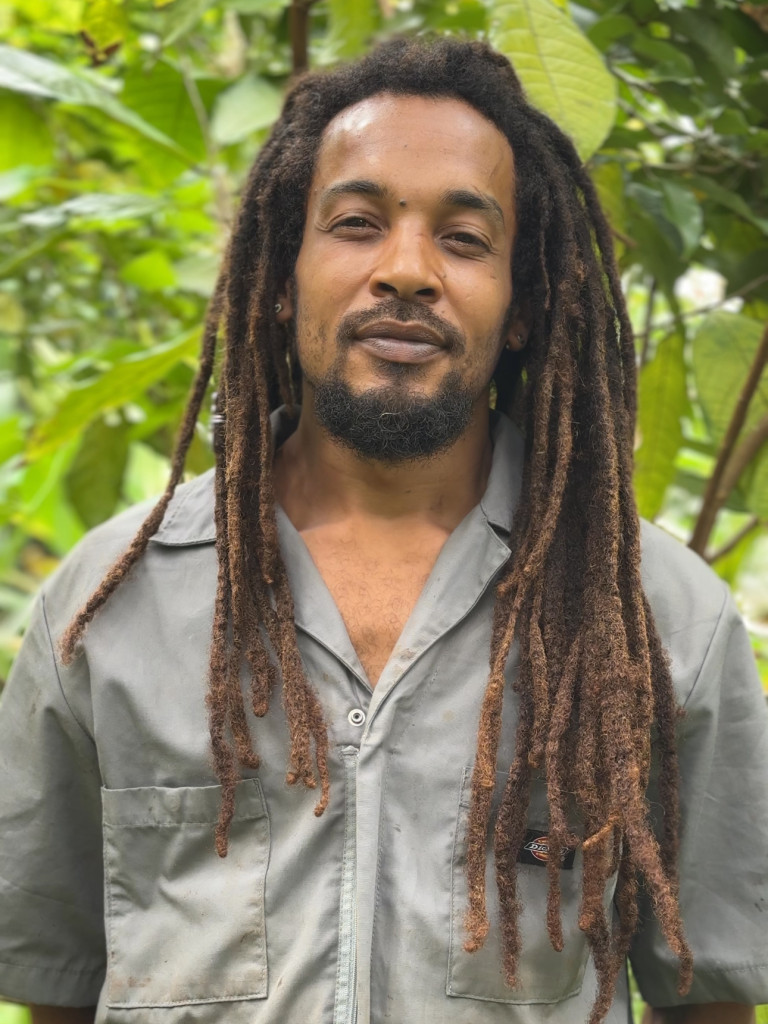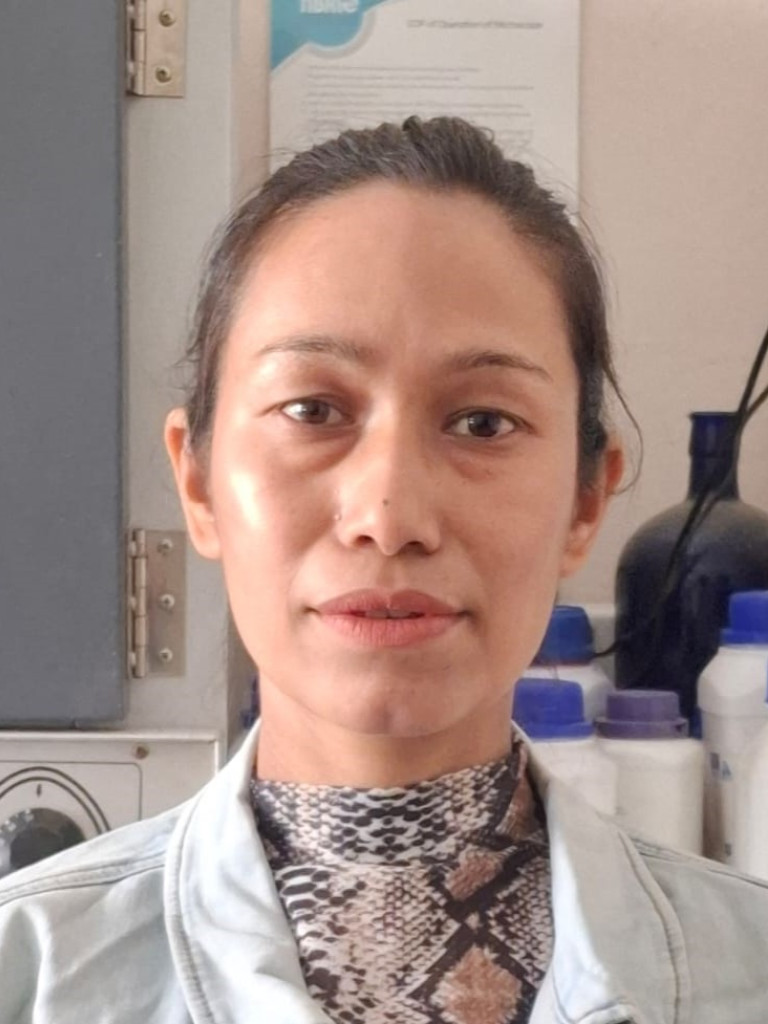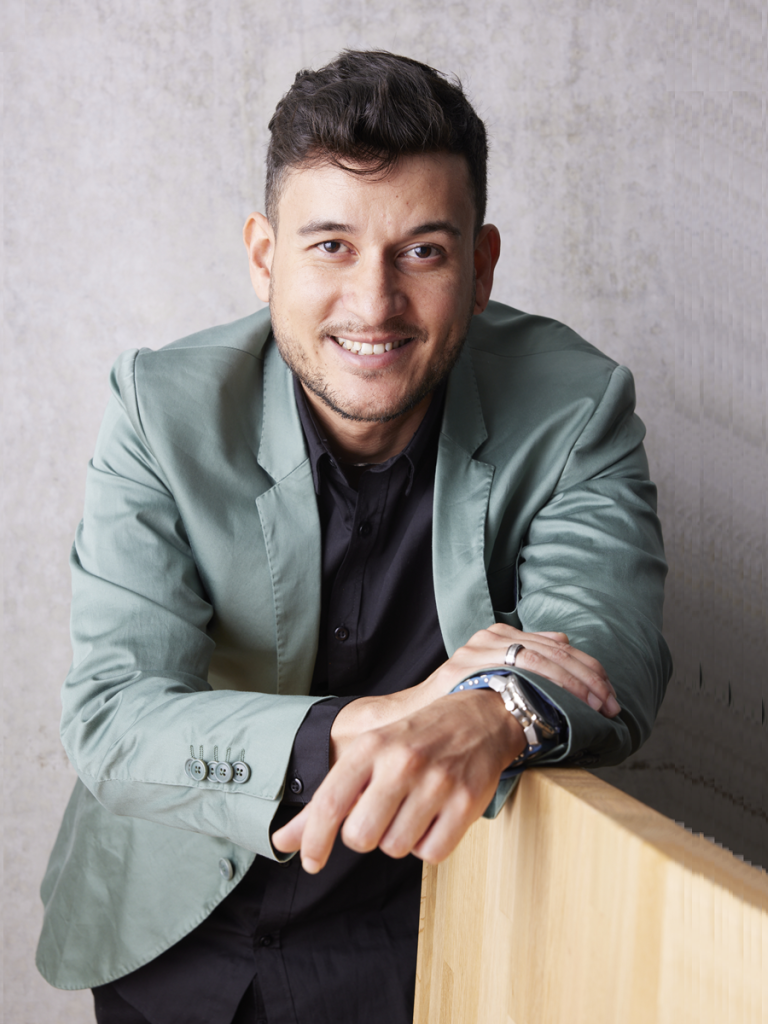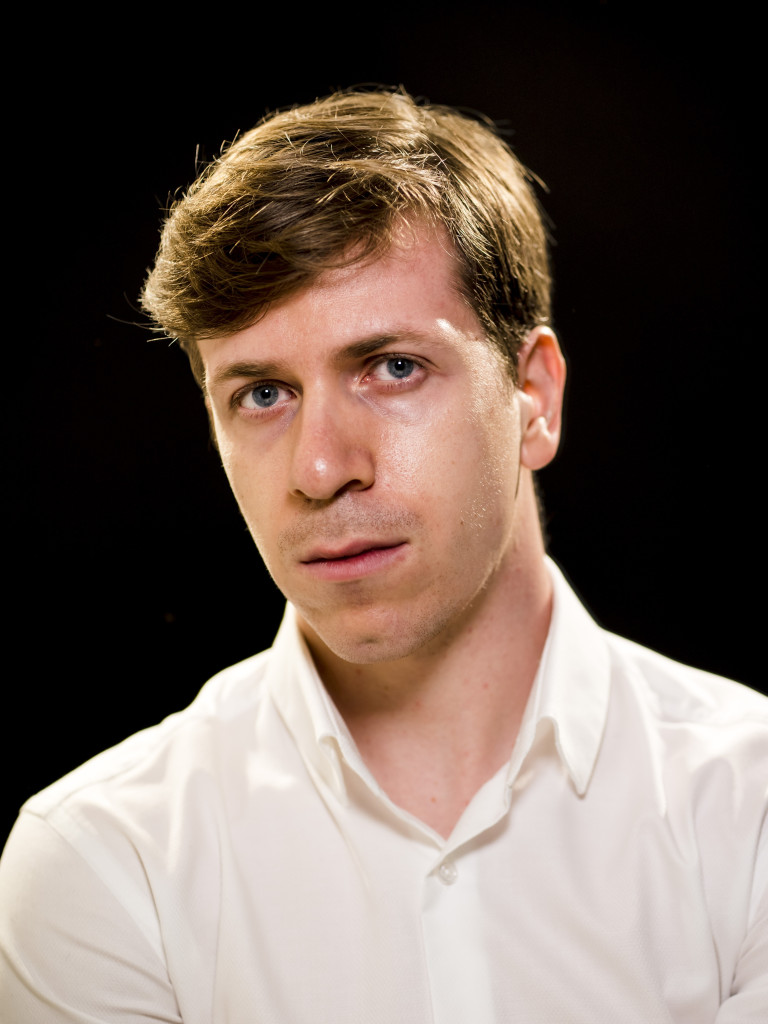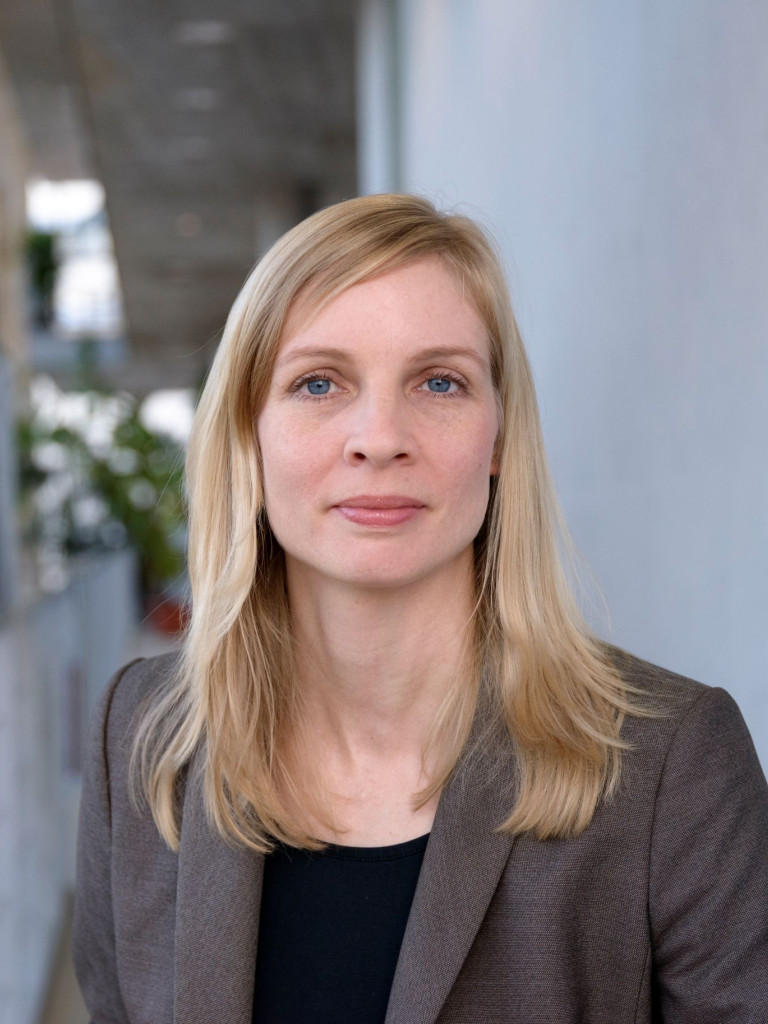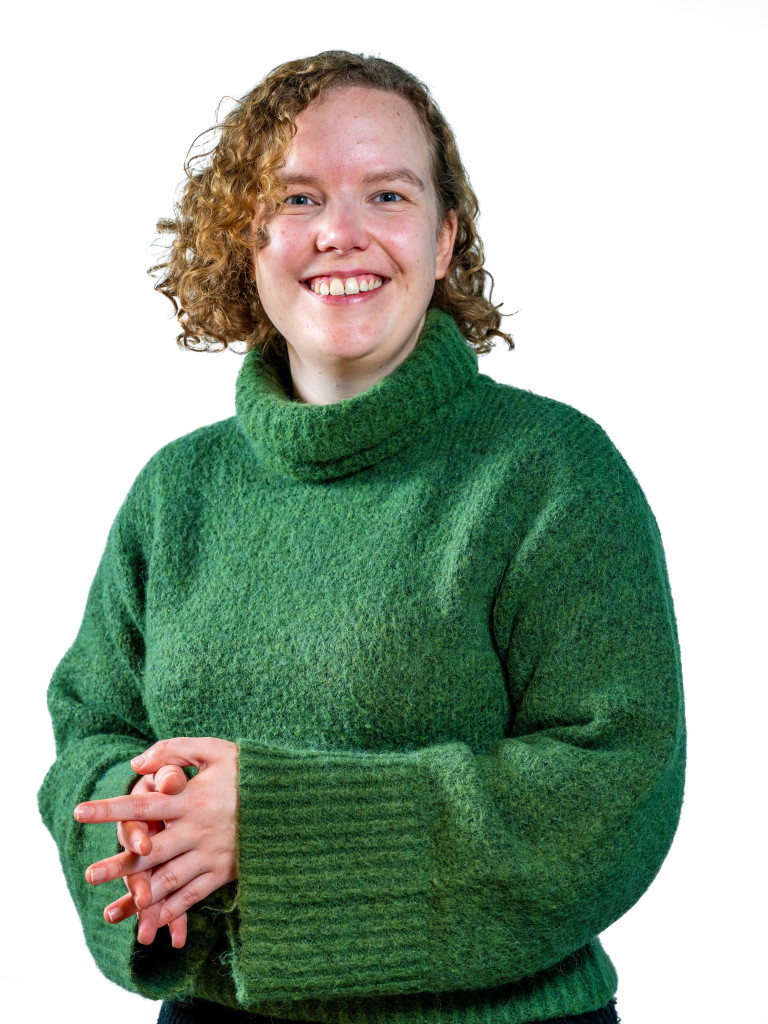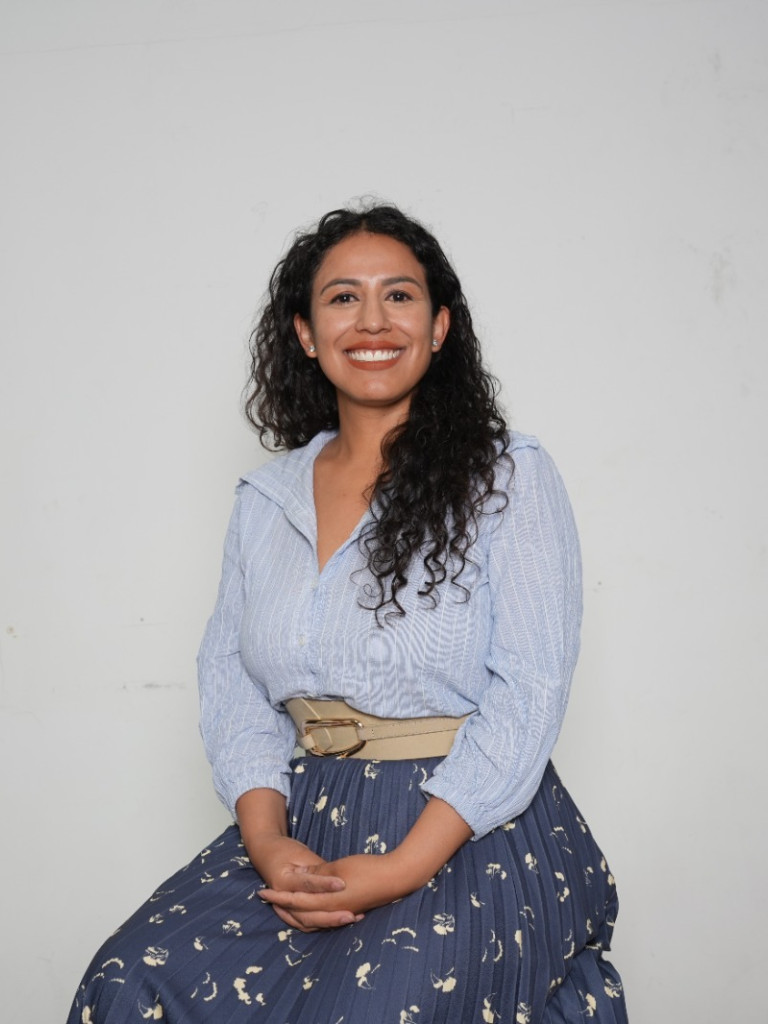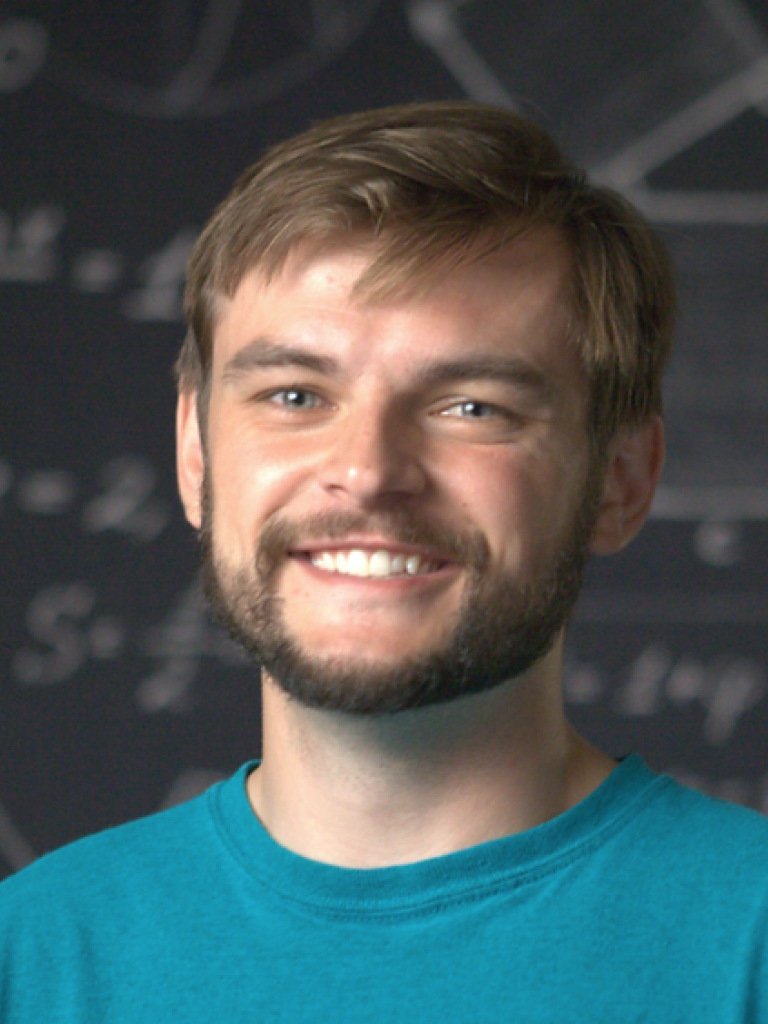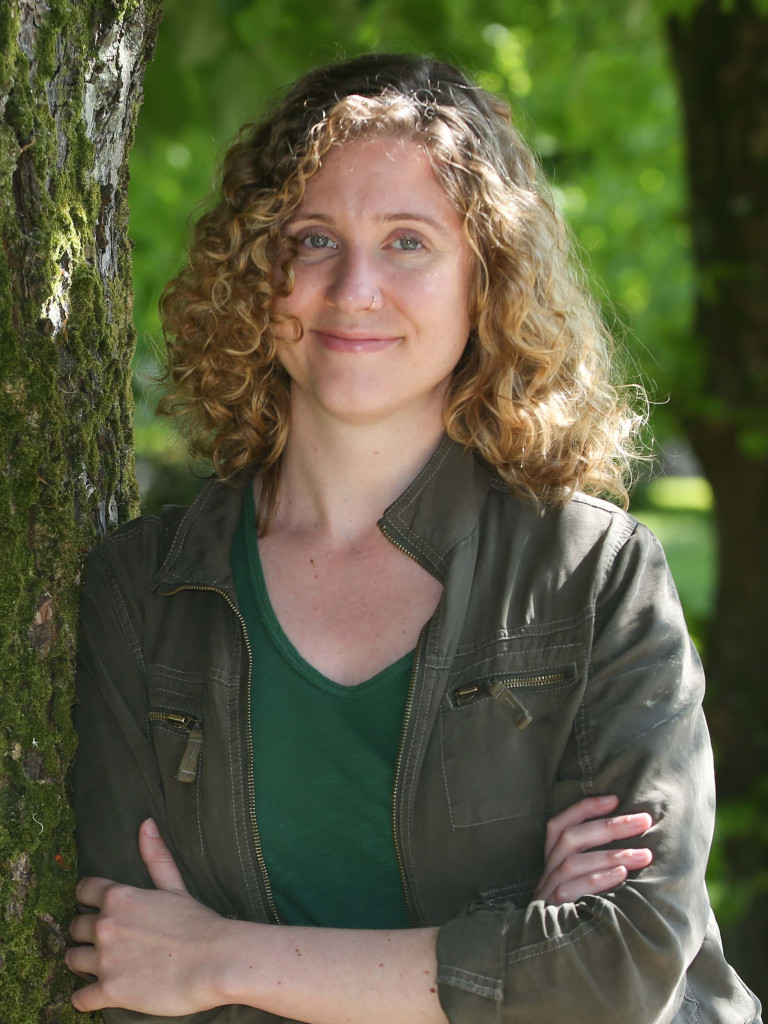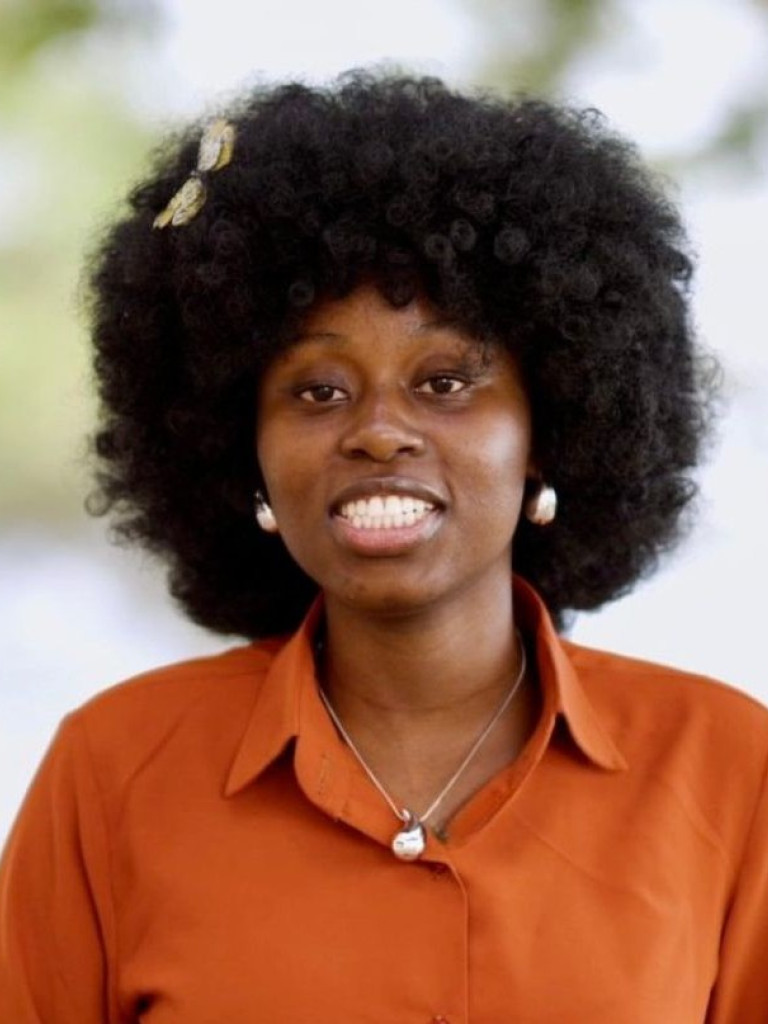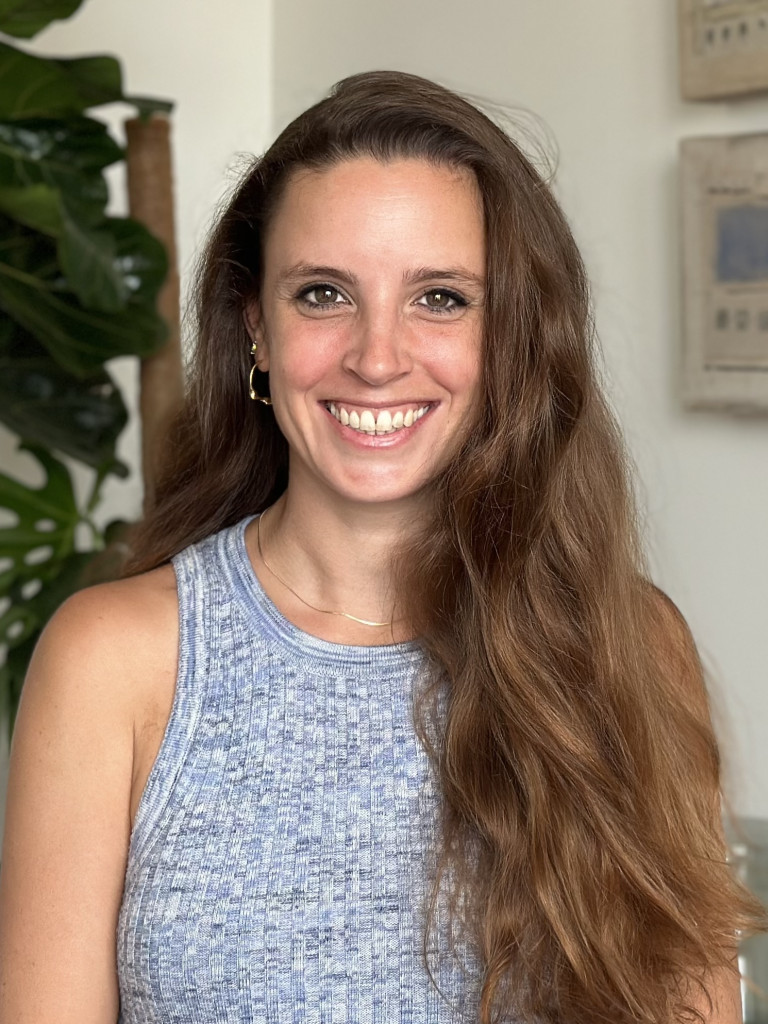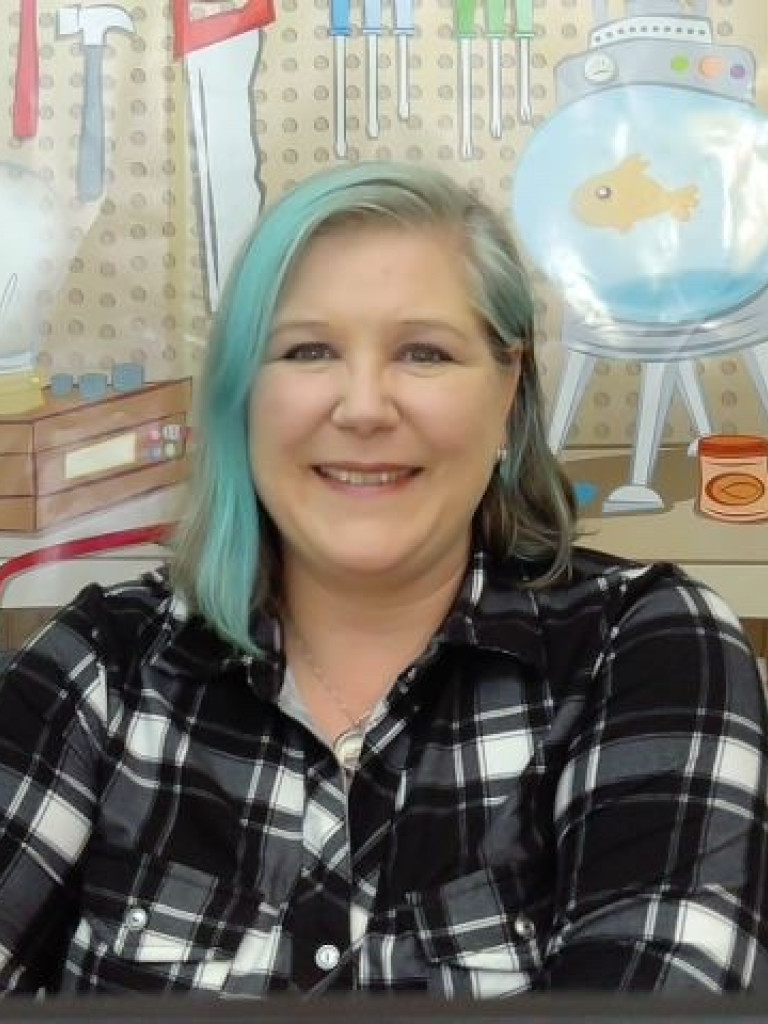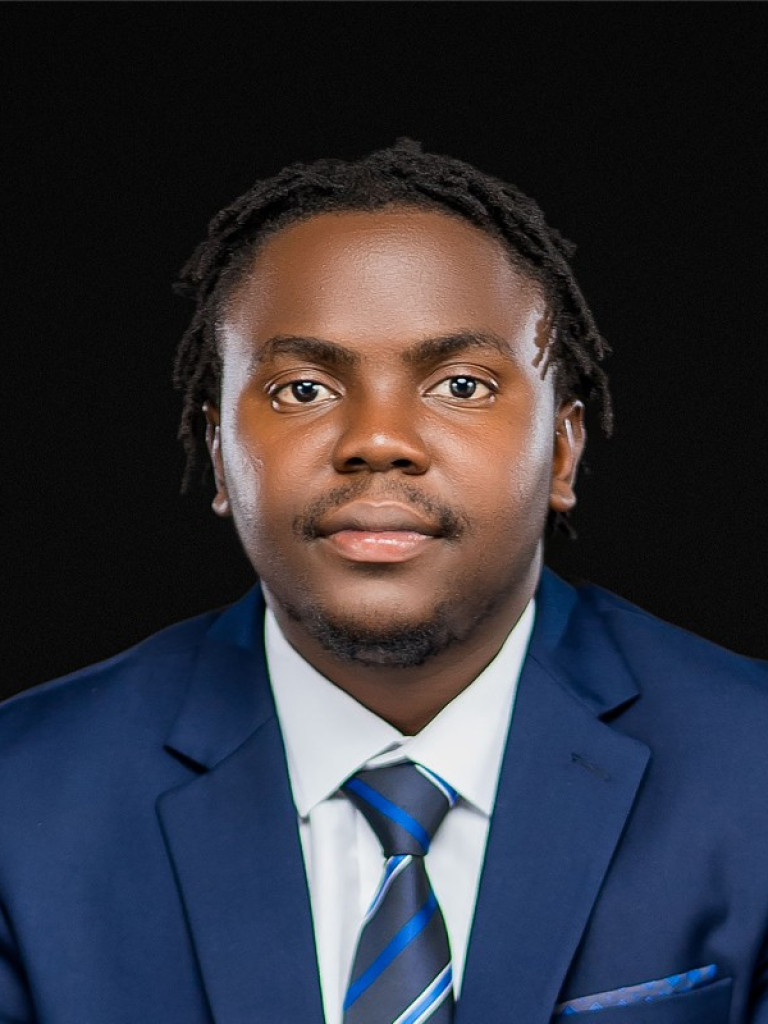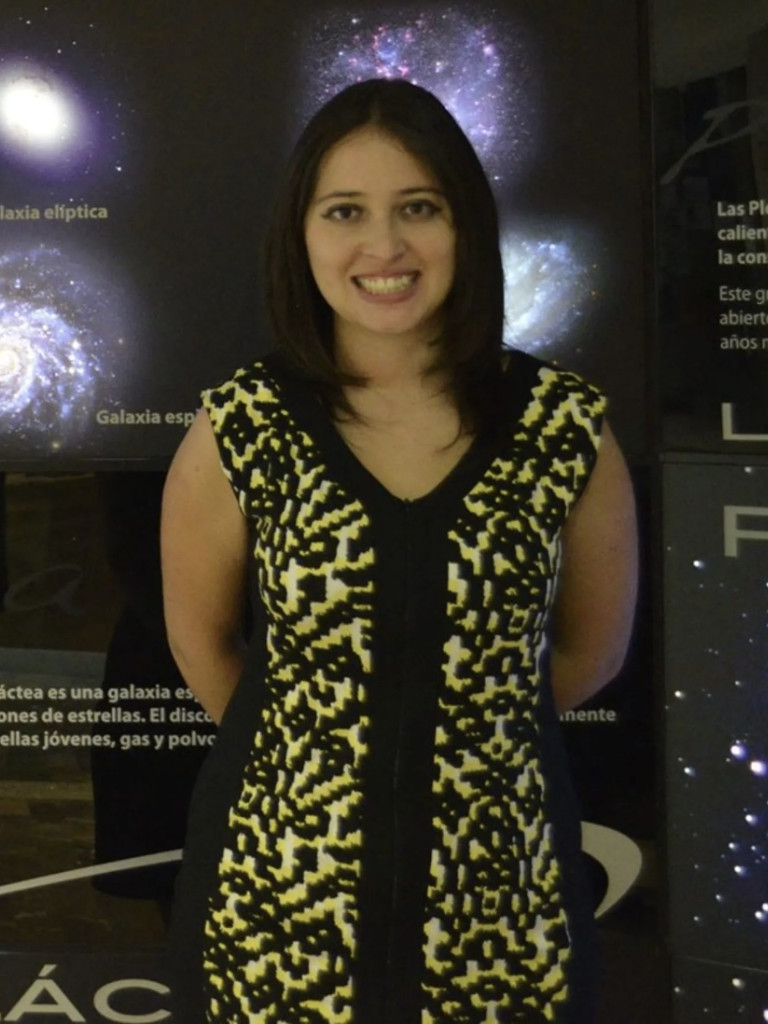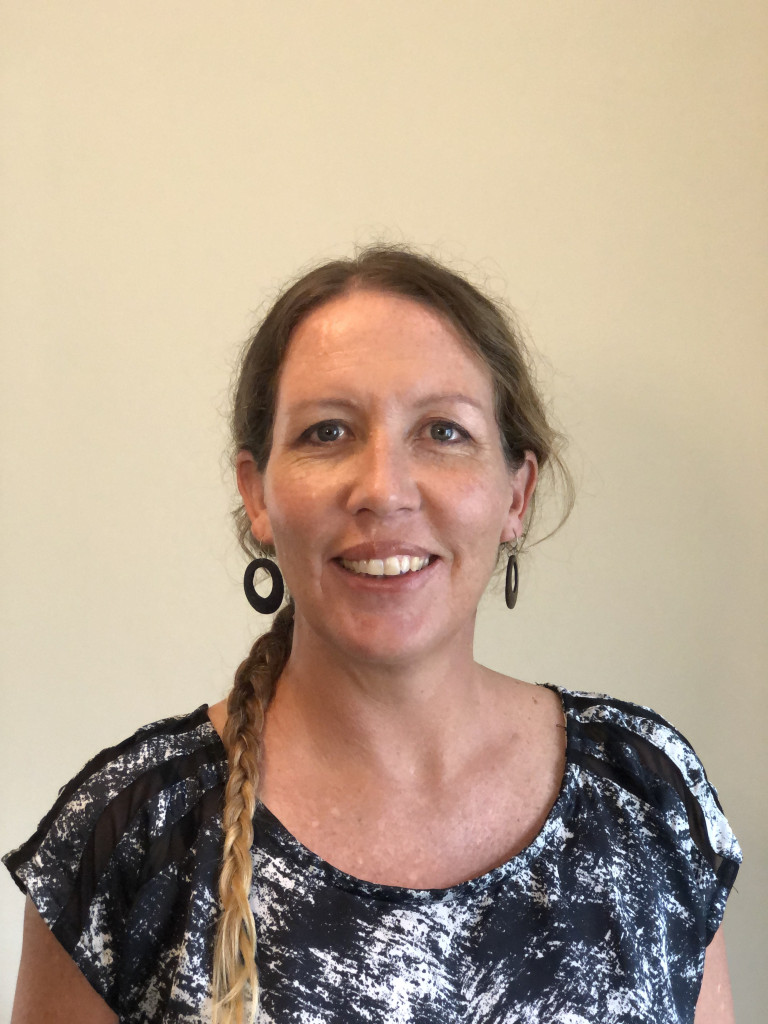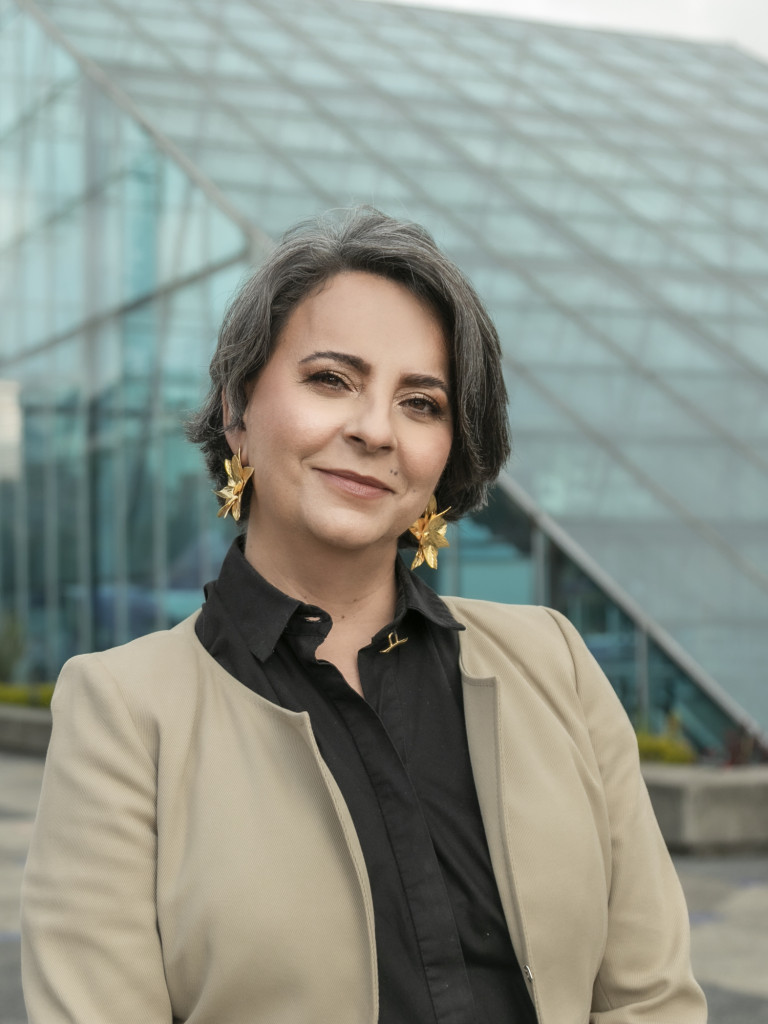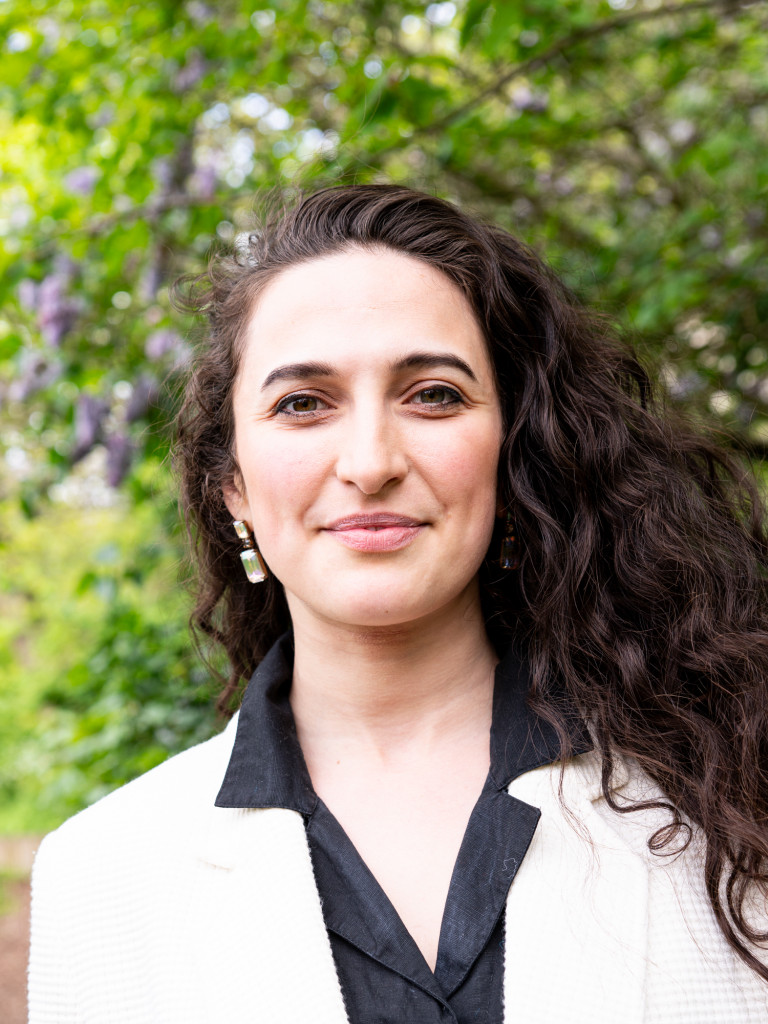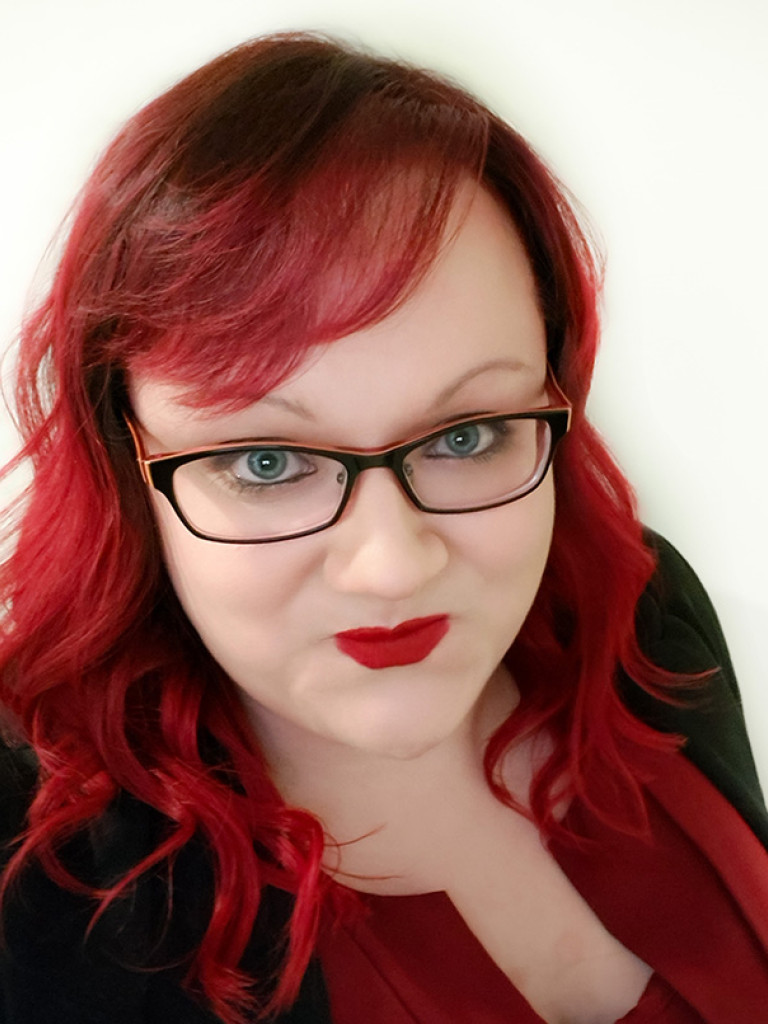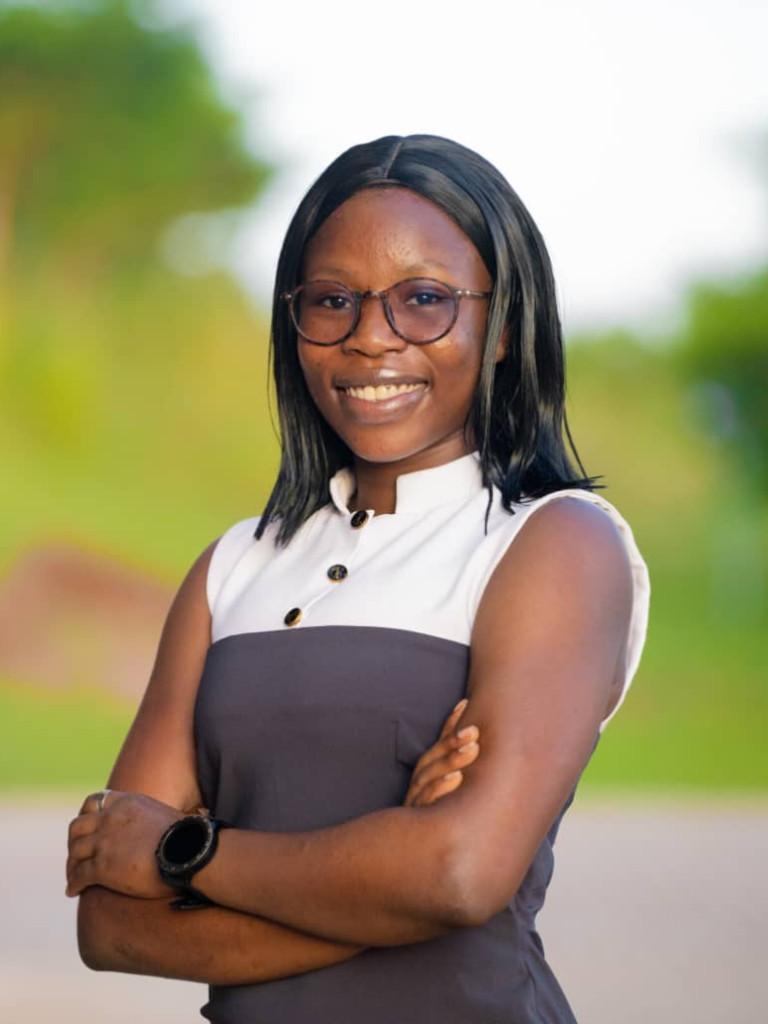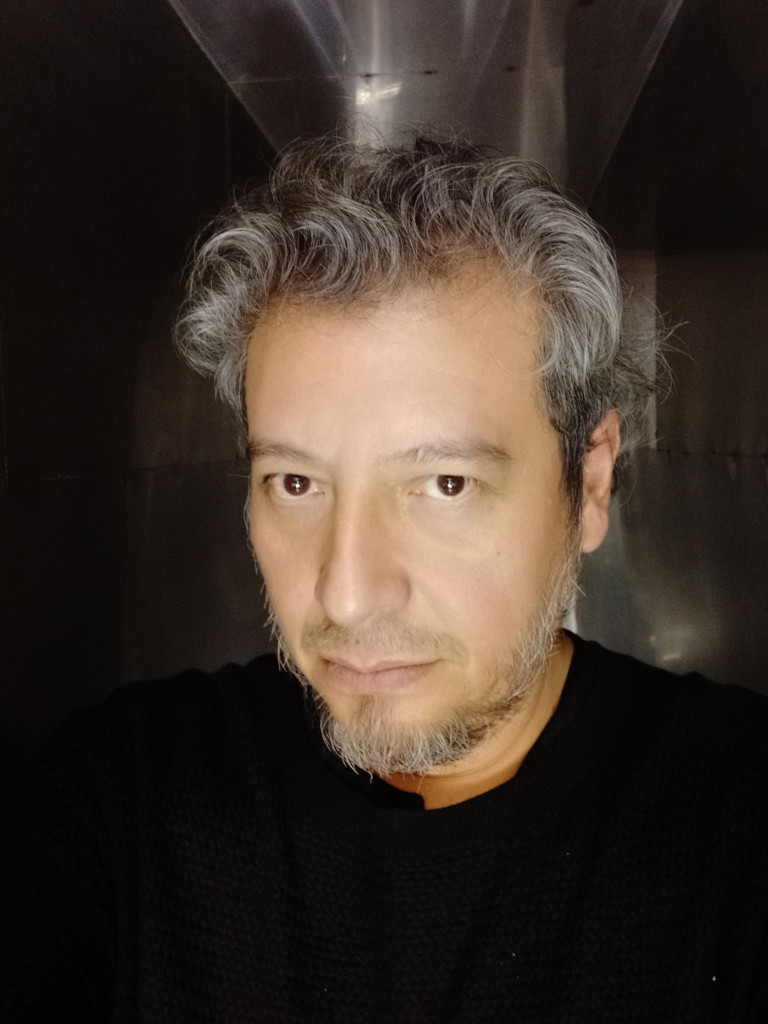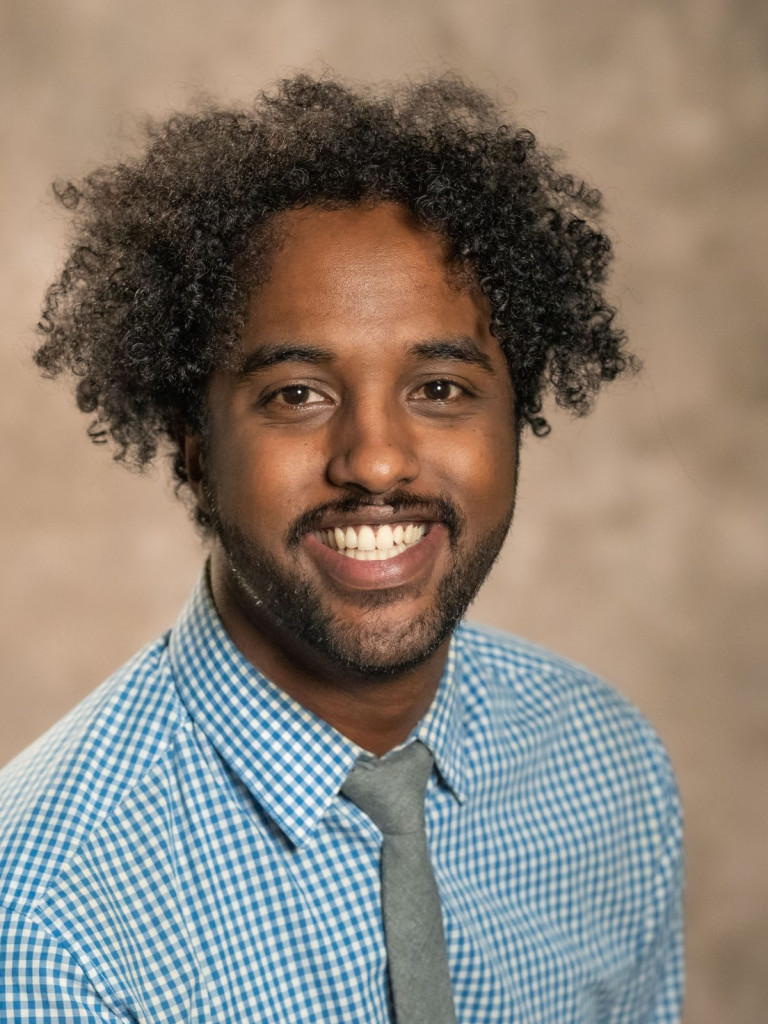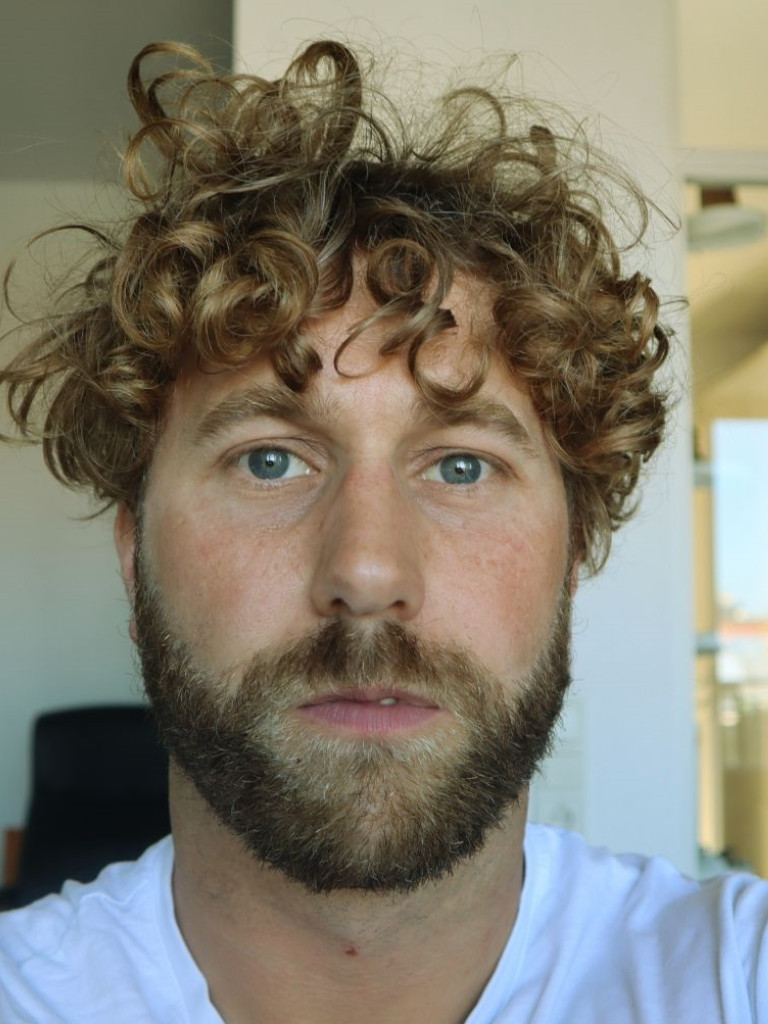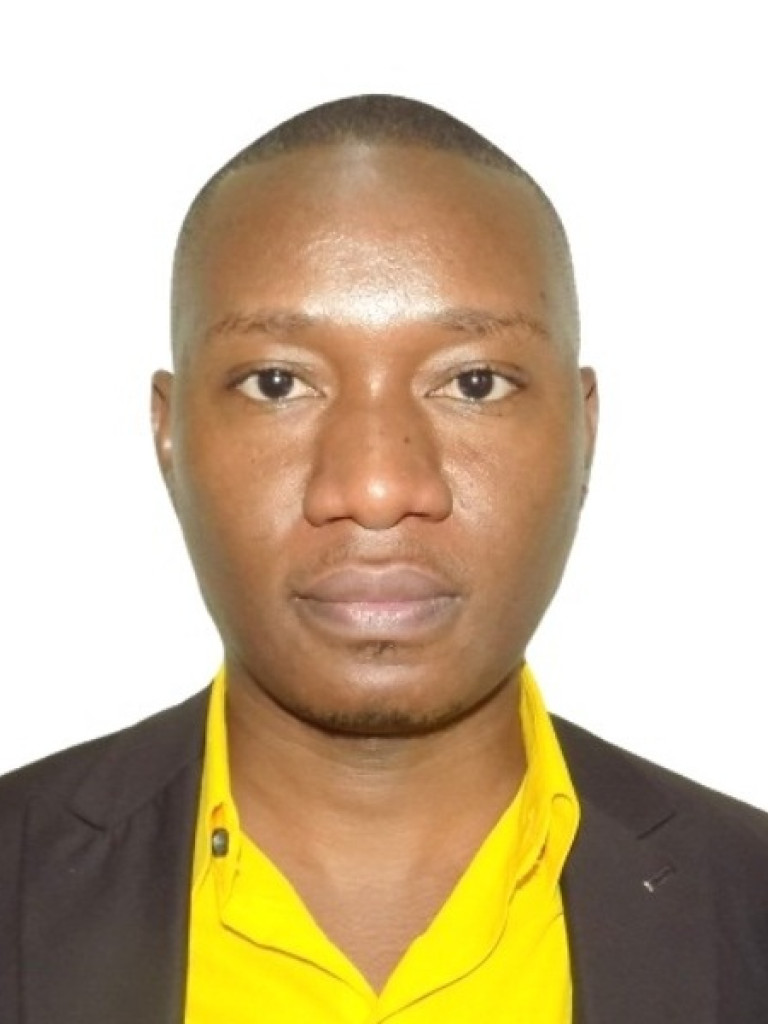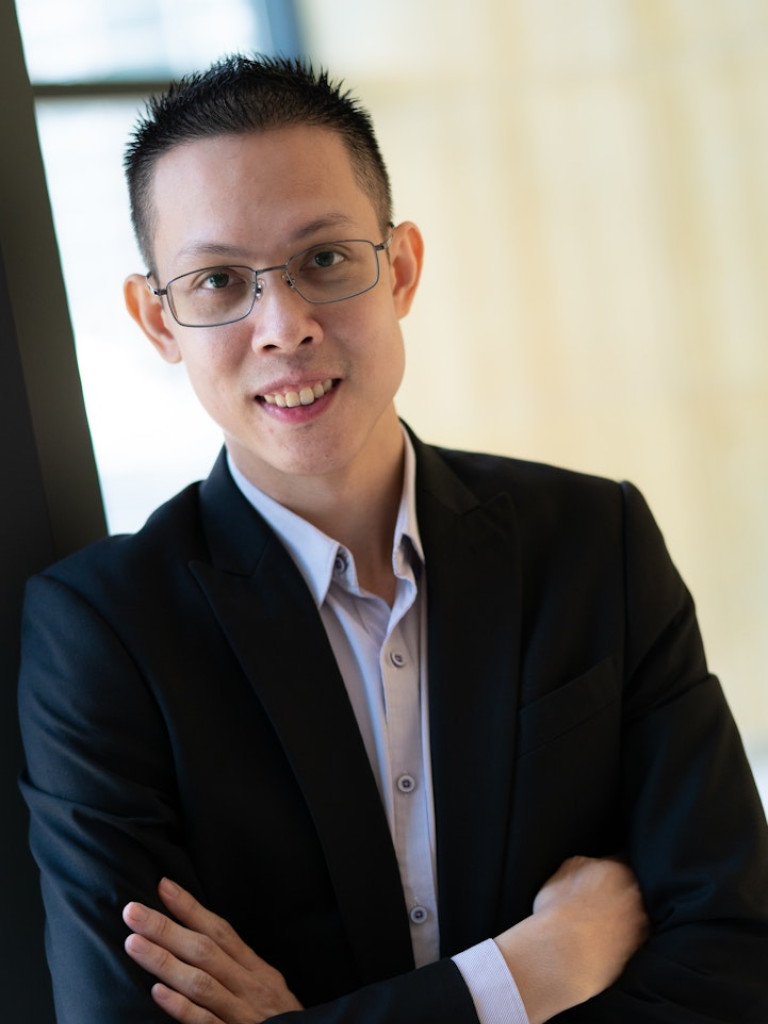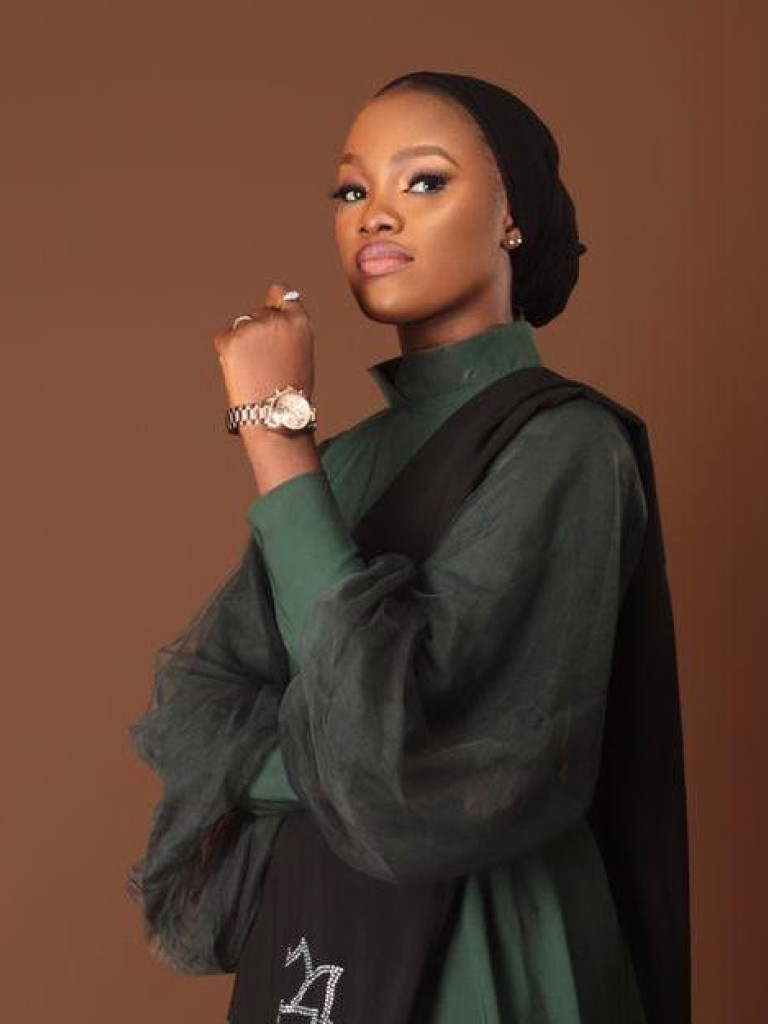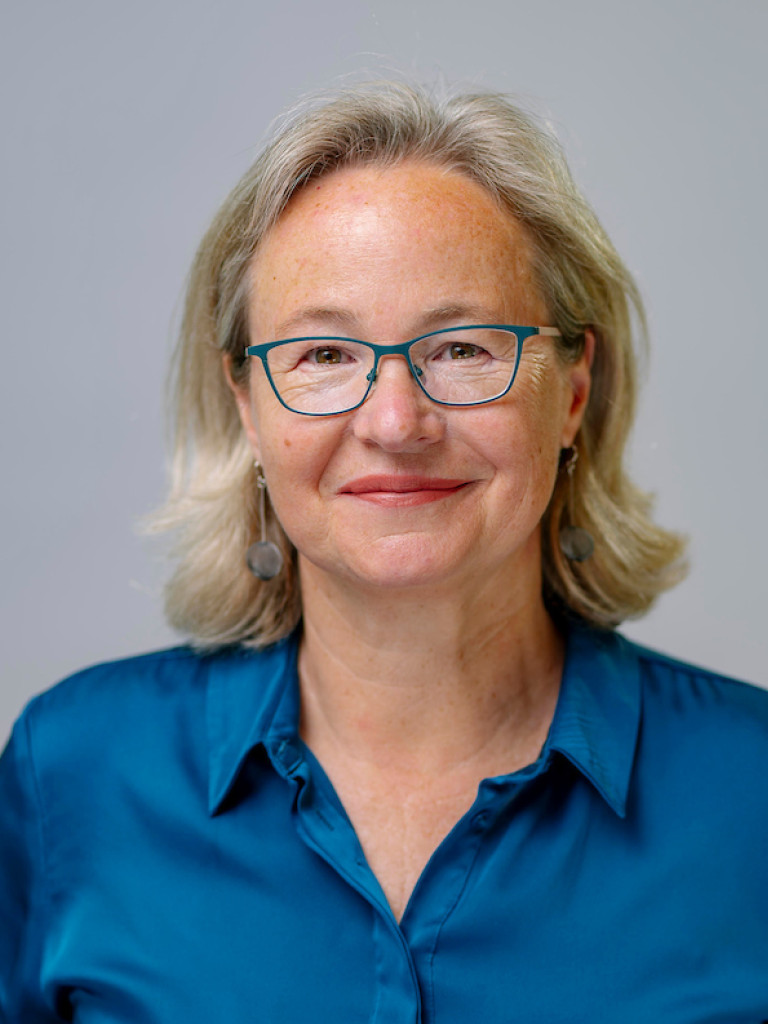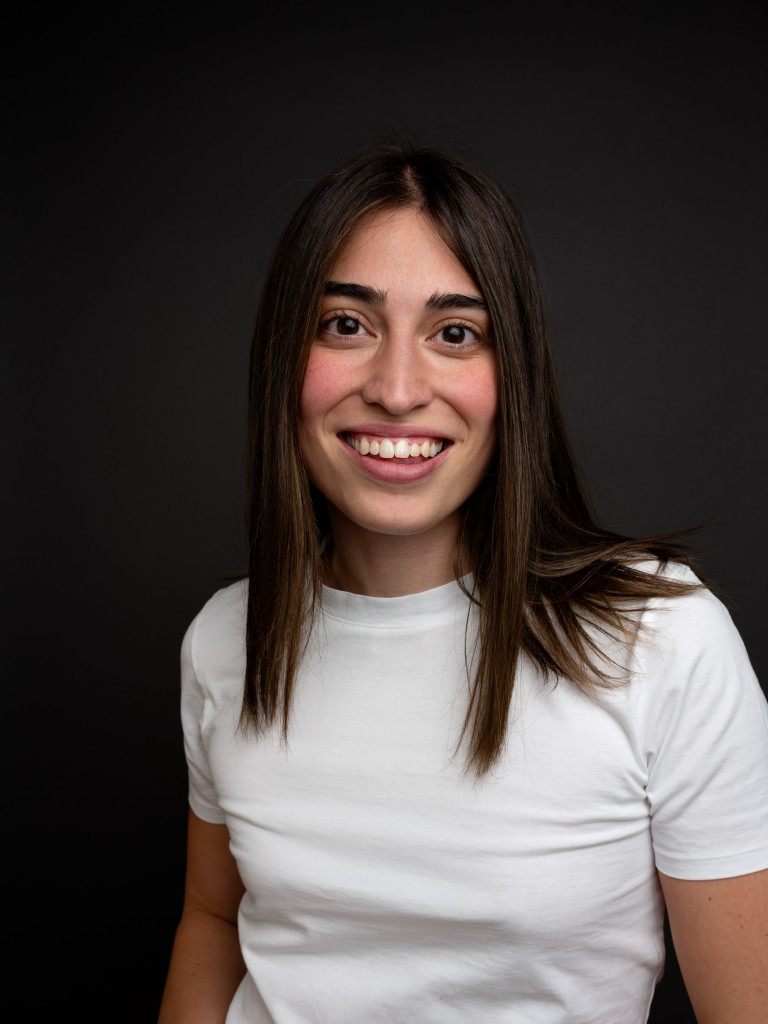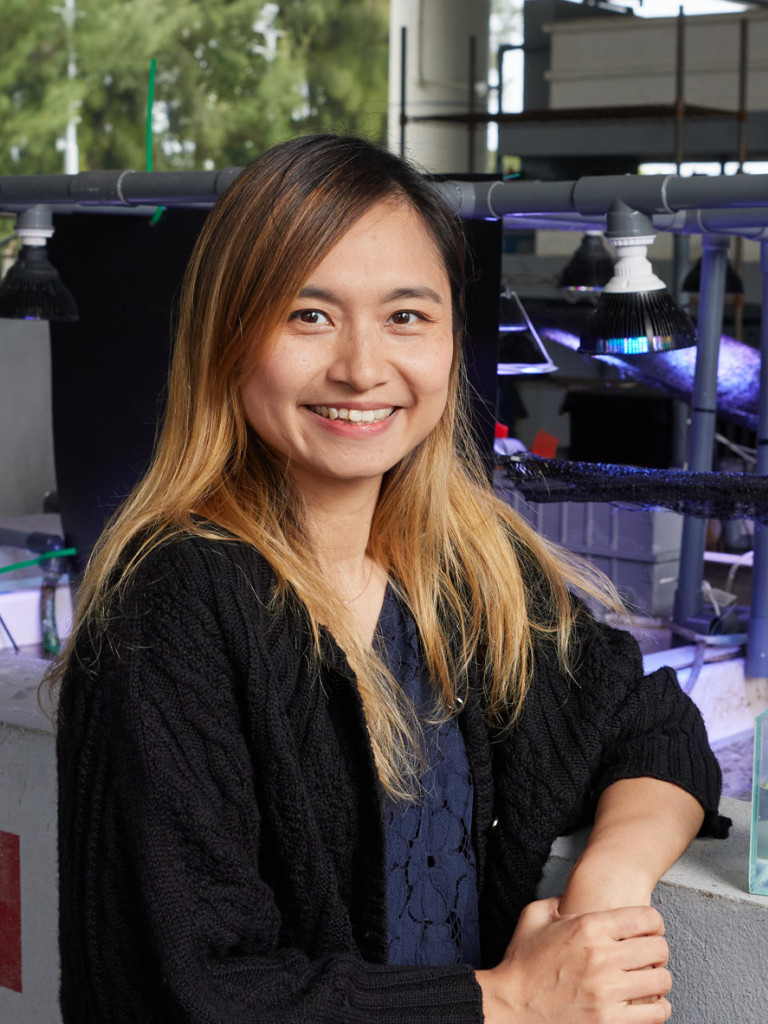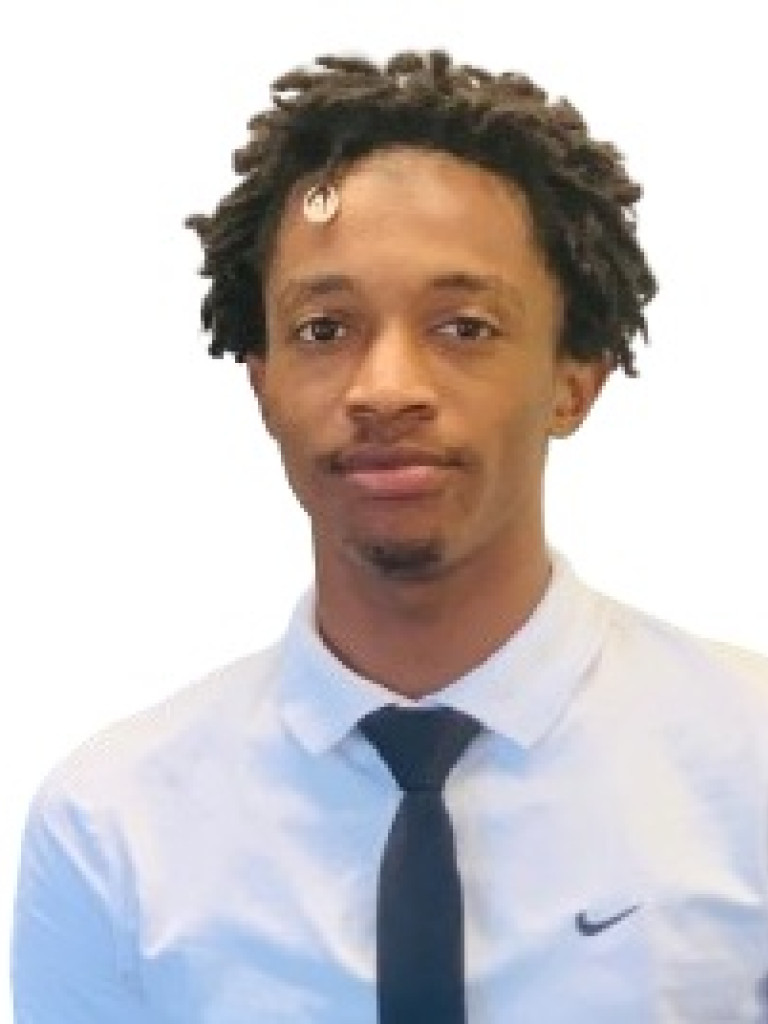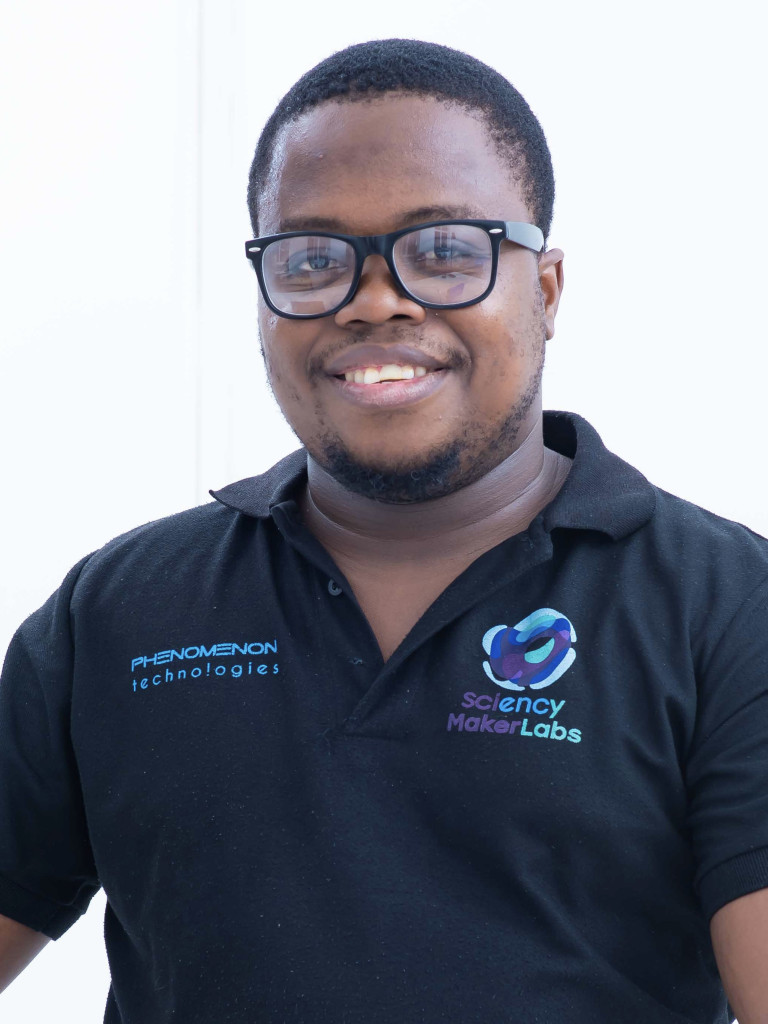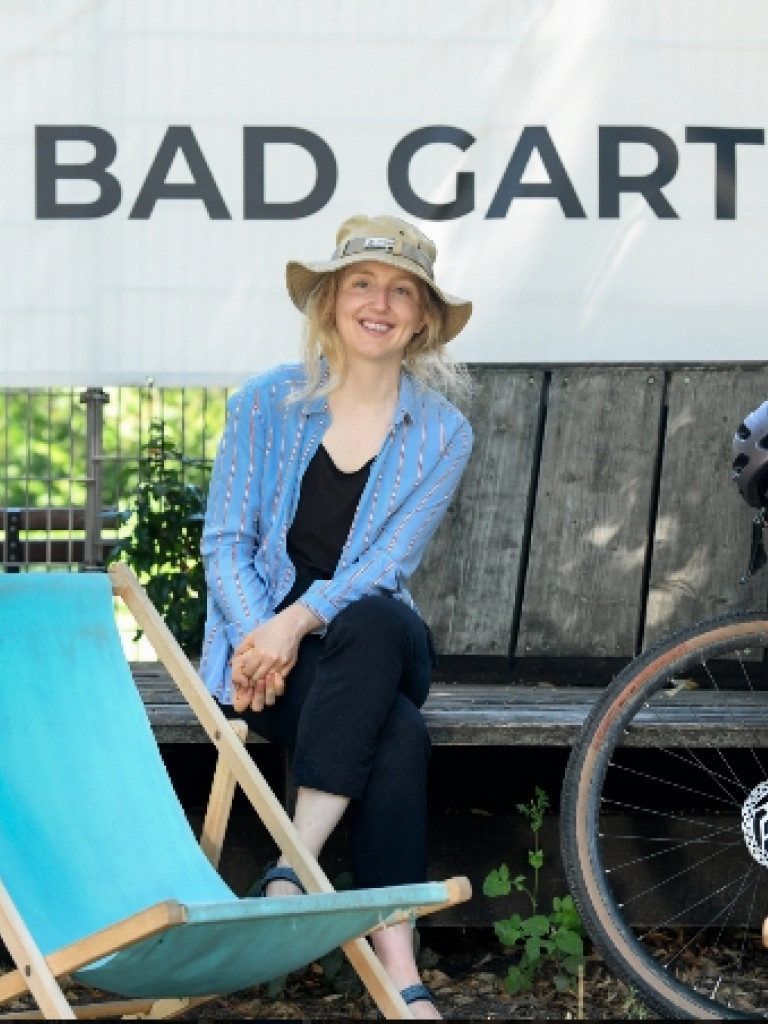Shortlisted Applicants & Finalists
The Falling Walls Engage Pitches take place annually in Berlin as part of the Falling Walls Science Summit from 7-9 November, an in-person event that reunites the science community internationally.
Every year since 2018, organisations and individuals active in Science Engagement are called upon to submit their projects or initiatives.
The best submissions annually are selected as Finalists and are invited to present their Science Engagement projects onstage at the Falling Walls Science Summit in Berlin, held by the Falling Walls Foundation in cooperation with our founding partner the Hannover Re Foundation.
Congratulations to the Falling Walls Engage Finalists 2025!
PREVIOUS FINALISTS
Here we present last years’ Finalists and their outstanding projects.
Looking for the Engage Shortlisted Applicants?
Click here to jump to the past Engage Shortlisted Applicants.
FALLING WALLS ENGAGE SHORTLISTED APPLICANTS
Meet the Falling Walls Engage Shortlisted Applicants! Annually, 30 Shortlisted Applicants are selected from a large number of applications to move on to the next round on the path to the Science Breakthrough of the Year in Science Engagement at the Falling Walls Science Summit. Here we present this years’ and last years’ Shortlisted Applicants and their outstanding projects.
Please note: The Shortlisted Applicants are listed alphabetically.
1. Alberto Pascual, Panama, Resilience Action Plan
2. Eunice Adewusi, Rwanda, Project Ayika
3. Grace James, Nigeria, GreenQuest
4. Isabel Gimenez, Chile, When the Ice Speaks
5. Israel Smart, Rwanda, Smartel
6. Jacopo Orazi, New Zealand, Dig Deeper Workshops
7. Jessamyn Fairfield, Ireland, We Built This City
8. Jesse Hildebrand, Canada, EBTSOYP Broadcasts
9. Jordi Diaz, Spain, Nanoinventum
10. Juliet Mutheu, Kenya, Connecting the Dots Podcast
11. Kakani Katija, United States of America, FathomVerse
12. Kalina Marcela Fonseca Largo, Ecuador, Open Science in Water
13. Karen Verstraelen, Belgium, Amai!
14. Liza Wohlfart, Germany, FRANCIS
15. Lovro Koncar-Gamulin, Austria, City Layers
16. Maya Tripalitaki, Greece, Silver STEAM
17. Megan Shore, United Kingdom, Primary Parliament
18. Michael Hands, United Kingdom, Land for Life
19. Mohammad Hossein Jahanpanah, Iran, RAZIK
20. Moses Okoth, Kenya, The Agribot Challenge
21. Nondas Ferreira da Silva, Brazil, Seeds of Change
22. Ojima Ocheni, Nigeria, Astro-Tac
23. Pooja Manandhar, Nepal, BioSmart Women Nepal
24. Provides Ng, Bumsuk Ko and Baha Odaibat, Hong Kong, Urban Mining 2.0
25. Samira Allaouat, Spain, Geo-Llum
26. Sidney-Max Etienne, Haiti, Grown in Haiti
27. Simone Montano, Italy, Map the Giants
28. Sylvester Weekes, Sierra Leone, Operation 232
29. Thomas Soares Mullen, Portugal, Science on the Walls
30. Weliton Menário Costa, Australia, Science for the People
Please note: The Finalists are listed alphabetically.
1. Abdul Karim Sesay, Sierra Leone, Altruistech Creativity Hub
2. Amna Lal Hussain, Pakistan, Lahore Science Mela (LSM)
3. Anna-Sophie Jürgens, Australia, The Popsicule – The Science in Popular Culture and Entertainment Hub
4. Apple Pui Yi Chui, Hong Kong, School Coral Nursery Programme: Promoting Awareness and Coral Stewardship
5. Bengisu Berispek, Germany, Sustain.ALL
6. Cecilia Manosa Nyblon, Great Britain, We Are The Possible
7. Charles Umeh, Nigeria, Parkers Resilient Health
8. Chuck Chuan Ng, Malaysia, Vet-BioR
9. Dilip Surkar, India, Making Schools STEM-able
10. Frankline Ojiambo, Kenya, Empowering a sustainable future through tech education and responsible waste management
11. Geraint Rhys Whittaker, Germany, Ocean Science Jam
12. Hassan Farah, United States of America, Our Future Is Science
13. Jane Yau, Germany, Games Realising Effective and Affective Transformation
14. Josefa Gonzalez, Spain, Melanogaster: Catch The Fly!
15. Joy Offere, Nigeria, Shenovate
16. Kakani Katija, United States of America, FathomVerse: Explore the Depths
17. Kaylene Cooper, Australia, Wonder of Science
18. Lennox Omondi, Kenya, EcoBana
19. Lucy Brown, United Kingdom, Refugia: Co-designing a creative and equitable engagement programme for wildlife conservation science with refugee and asylum seekers
20. María Cristina Díaz Velázquez, Colombia, CiuLab Bogotá, city and civic culture lab
21. Melissa Jackson, Australia, iKnow weKnow – Co-Designing a Resilient Water and Energy Community Toolbox
22. Nkosana Masuku, Zimbabwe, STEM Sustainability and Climate Adaptation Initiative
23. Oriana Trejo Alvarez, Mexico, Communication of Knowledge Directorship – Autonomous Metropolitan University
24. Oris Chimphambano, Malawi, SCIENCE FOR ALL (SCI4O)
25. Otuo-Akyampong Boakye, Ghana, Teens-for-STEM
26. Pauline Münch, Germany, AnthropoScenes
27. Rita Otu, Nigeria, RADIO FOR RESILIENCE: BREAKING THE WALLS TO CLIMATE CHANGE
28. Sandra Roberts, United States of America, Down To Earth
28. Sara Verstraeten, Germany, TREC Public Engagement
30. Stanley Anigbogu, Nigeria, AVATAR STATION
Please note: The numbers indicated do not count as ranking.
1. Dr. Zeinab Khalil, Soils for Science, Australia: Soils for Science employs citizen volunteers to collect soil samples to generate a database of microbes living in their environments, and educate the public on antibiotic resistance and how to mitigate that.
2. Karen Verstraelen, Amai! What an amazing AI-dea!, Belgium: Amai! What an amazing AI-dea! co-creates AI research projects with community members through every stage to encourage a more positive outlook on AI in civil society.
3. Gianpiero Petruzziello, MOSAIC – Mission-oriented Swafs to advance innovation through co-creation, Belgium: The MOSAIC project is a collaborative effort among European cities and civil society actors to find local sustainable solutions for Climate neutral and smart cities.
4. Boris Worm, Ocean School, Canada: Ocean School is a global online education project providing young learners and educators with free to use modules and stories from diverse storytellers to advance environmental awareness and ocean literacy. https://www.scienceupfirst.com
5. Marianne Mader, ScienceUpFirst, Canada: The ScienceUpFirst initiative combines expert scientific knowledge and communtiy-identified areas of need to create engaging social media content and combat online misinformation
6. Claudio Canales, Concierto Sentido: Scientific Concerts, Chile: Con-Cierto Sentido is a series of stage shows explaining scientific concepts and promoting diversity through the stimulation of the senses.
7. Cecilia Manosa Nyblon, We Still Have a Chance: 12 Climate Stories for 12 Days of COP27 between the UK and Egypt, Egypt: WE still have a Chance uses the platform of COP to communicate new climate narratives, linking science, health, arts, education, and humanities, to raise awareness of the urgent need for collective climate action.
8. Sonny YDE, Vis ma vie de Chercheur.euses, France: Vis ma vie de Chercheur.euses is an experiential learning opportunity based on the concepts of molecular biology and genetics for students to consolidate their class theories with practical application in an immersive crime mystery they must solve.
9. Kelly Achenbach, COESO: Collaborative Engagement on Societal Issues, France: COESO fosters the growth of participatory research in the social sciences and humanities by enabeling citizen science research projects and by developing an online working hub for science experts and citizen scientists to-create research.
10. Mike von der Nahmer, Growing Wise: Powering Education through Art, Science, and Human Experience, Germany: Growing Wise – Through Science and Music uses workshops and performances to enhance interdisciplinary research and education.
11. Fabian Feutlinske, Natural Entrepreneurs – Nature-inspired Entrepreneurship in Schools, Germany: Natural Entrepreneurs project empowers students to find solutions to an SDG of their choice, sharing their research across global borders to foster collaboration and networking within the youth science community.
12. Audrey Podann, Clowning for New Research, Germany: Clowning for new research has clown actors going directly to the public to collect their research ideas and areas of interest, bringing community concerns to the forefront of scientific research.
13. Menelaos Sotiriou, Learning Science Through Theater, Greece: Learning Science Through Theater requires member students to create, organize, and perform a theatrical presentation of their scientific knowledge based on their respective levels’ curriculums to integrate science and art.
14. Julián Amorín, Dr. Demo’s Laboratory-Science Show, Guatemala: Doctor Demo’s Laboratory puts on science demonstrations using common items to explain scientific principles and each demonstration is catered to its audience to make science as accessible as possible.
15. Megha Saklani, Mobile Science Lab : Taking Science Lab to School Children, India: The Mobile Science Lab drives to rural schools in Gujarat with little or outdated science equipment to give them hands on experience and educational tools, as well as organizing community outreach nights to reach families and community members.
16. Eran Tauber, Sleep – Third of Life, Israel: Sleep – Third of Life collaborates with students to conduct sleep research and show them the benefits of a healthy sleep.
17. Andrea Brunello, Augmented Lectures, Italy: Augmented Lectures are theatrical shows created by a scientist and actor/actress pair to explain scientific concepts in a fun and entertaining way and increase audiences’ critical thinking.
18. Masahiko Inami, JST ERATO Inami JIZAI Body Project, Japan: JST ERATO Inami JIZAI Body Project pushes the limits of the human body using VR simulations, engaging scientists and community members alike to see what possibilities come to light.
19. Archie Forpoh, Tech for High School Initiative, Liberia: Tech for High School Initiative is setting up computer technology infrastructures to support students and teachers in developing their skills through problem-solving initiatives to get practical experience using these skills.
20. Rodrick Sambakunsi, One for All, All for One, a vaccine engagement project, Malawi: One for All, All for One is a vaccine engagement project that co-createsgraphic based vaccine engagement resources.
21. Nicola Veitch, Parasite Street Science: Talk About Tsetses, Malawi: Parasite Street Science is a series of street performances on African Sleeping Sickness to bring more trust between community members and science and local health authorities.
22. Chuck Chuan Ng, Vetiver Bioremediation (Vet-BioR), Malaysia: Vetiver Bioremediation (Vet-BioR) teaches Malaysian youth scientific methods of restoration through green technology through the fundamental knowledge of nature-based solutions (NbS) approach.
23. Emma Clarke, Equal by Nature, Malta: Equal by nature seeks to use genetics to bring together refugees and local citizens in Malta in a series of workshops exploring themes of race, identity, belonging and community.
24. Maria Gutierrez, Community monitoring: collective diagnosis and action plan for the recovery of the Manialtepec River watershed, Mexico: Community monitoring: collective diagnosis and action plan for the recovery of the Manialtepec River watershed encourages community members to take ownership for the monitoring of their ecosystems and understanding how to take care of it, reducing pollution and encouraging collabortive efforts.
25. Gaspar Come, Bate-Papo Let’s Talk About Vaccines!, Mozambique: The let’s Talk About Vaccines Study Project brings vaccine awareness to communities with high under-two routine drop out rates through educating local health care workers and families .
26. Sharon Unsworth, Kletskoppen, Netherlands: Kletskoppen organises activities to let children from diverse backgrounds discover the science behind language through workshops, online resources, and local festivals
27. Jessie Waalwijk, A word about tomorrow, Netherlands: A Word About Tomorrow facilitates community dialgoue through open library discussion and question sessions, encouraging research on issues brought up by local citizens.
28. Andrew Mills, Tūhura Tuarangi – Aotearoa in Space, New Zealand: Tūhura Tuarangi – Aotearoa in Space is a series of travelling workshops to engage visitors in hands on science experience and technological advancements made locally.
29. Kelechi Ezeudensi, NEURO-G PROJECT, Nigeria: Neuro-G Clubs run in 12 schools across Nigeria and focus on peer education on a neuroscience curriculum, scientific writing and the research process, and trips to established neuroscience facilities.
30. Reidun Norvoll, YouCount, Norway: The YouCount project fosters youth Citizen Science research and networking to increase social inclusion of young people, spread across 9 countries, and a global coworking and sharing hub.
31. Emily (Emi) Koch, Coast 2 Coast, Peru: Coast 2 Coast is a non-profit organization that provides educational resources where teachers then encourage students to undertake their own citizen science research projects and analyze their findings.
32. Mark Peñalver, The Flow of the River: A Community-based Water Monitoring System, Philippines: The Flow of the River project collaborates with local youth “water guardians” to monitor the quality of water available to the community and bring data to policy makers for change.
33. Ilídio André Costa, CoAstro: @n Astronomy Condo, Portugal: CoAstro offers a platform for astronomy research and knowledge to freely flow between scientists and communities, providing a more accessible stage to those who need it.
34. Israel Smart, One-Child Africa, Rwanda: One-Child Africa provides easily accessible science education resources and workshop opportunities to children, especially young girls by fun and interactive learning while instilling key STEM skills that prepare them for their future.
35. Samuel Kovacik, Vedátor, Slovakia: Vedátor produces many wide-reaching forms of media, including articles, books, radio segments, and Instragram stories to engage the public’s interest in scientific news and events.
36. Adivhaho Bridgette Mphaphuli, STEM-Pro, South Africa: STEM-Pro seeks to increase awareness and interest in STEM and highlights STEM opportunities available to students of all ages through hands on workshops, mentorships, and networking events.
37. Sibusiso Biyela, Ilukuluku: Let’s Talk Science In Our Own Language, South Africa: Ilukuluku is a scientific podcast done in the Zulu language to make science more accessible and show science is available to everyone, no matter where you’re from.
38. Mayumi Manamperi, The community-directed health care volunteers model for the leishmaniasis disease control in Medawachchiya PHI Area , Anuradhapura District, Sri Lanka: The community-directed health care volunteers model for the leishmaniasis disease control offers workshops to communities to take control of disease prevention and care in hard to reach areas.
39. Julia Brink, The Plastic Experiment, Sweden: The Plastic Experiment follows school pupils as collect plastic and research its effects on their local environments while learning about sustainability and environmental protection, and observing how behaviours change as a result of this engagement.
40. David Pamies, Animal experimentation and 3Rs: Engaging teachers and students, Switzerland: Animal experimentation and 3Rs visits schools to increase public awareness about animal testing in science and how it can be remedied, giving students the chance to speak on a serious topic and build their critical thinking skills.
41. Lucas Mndewa, Turning the Hazardous Organic Food wastes into farm input solutions to boost the incomes of the rural poor, United Republic of Tanzania: Turning the Hazardous Organic Food wastes into farm input solutions to boost the incomes of the rural poor encourages small scale farmers to use their organic waste in renewable and sustainable ways.
42. Sinead Rhodes, EPIC Think Learn, United Kingdom: EPIC co-creates research with neurodivergent children and families to create and distribute resources that make every day learning more accessible and help partens and teaches to understand and support neurodivergent young people.
43. Heather Doran, The Evidence Chamber, United Kingdom: The Evidence Chamber engages the public with the complexities and uncertainty of forensic science evidence and immerses audiences in the jury process, witnessing fist hand what gets evaluated in a trial, as a way to unravel the crime drama effect
44. Bob Christer, Atelier Labs United Kingdom: Atelier Labs empowers disabled children to collaborate with chemists and artists in research projects, leaving them more confident and welcomed in academia and enables chemists to communicate chemistry concepts beyond verbal language.
45. Anna Middleton, Citizens’ Jury on Human Embryo Editing, United Kingdom: UK Citizens’ Jury on Genome Editing is an open space for debate on the critical issue of genome editing between scientific experts and citizens living with genetic diseases, culminating in policy recommendations for policy makers moving forward.
46. Dr. Sam Gregson, The Ministry of Sense: Hunting the Higgs, United Kingdom: The Ministry of Sense is dedicated to producing exciting and interactive science comedy shows that introduce school (10+), adult and family audiences to high level science topics and the fascinating worlds of the scientific method and critical thinking.
47. Yamilée Toussaint Beach, Empowering Girls through STEM and Dance, United States of America: STEM From Dance is a dance program where underrepresented minority girls learn through the creative and confidence-building aspects of dance to code lights, use drones to film, create music, and support eachother in their STEM educations.
48. Hassan Farah, Our Future Is Science, United States of America: Our Future is Science is a BIPOC peer mentorship program connecting secondary school students with STEAM graduates to identify community issues and come to STEAM based solutions.
49. Anna Voelker, SciAccess: Breaking Down Barriers to STEM, United States of America: SciAccess breaks down barriers to science for people with disabilities in STEM and human space exploration.
50. Nkosana Masuku, Sciency, Zimbabwe: The Sciency Project offers students a dynmaic and immersive STEM learning environment, participating in hands-on projects to build their academic confidence and problem-solving skills.
Please note: The numbers indicated do not count as ranking.
1. Thabiso Mashaba, IDIN-SADC Consortium, Botswana
2. Darshana Joshi, Rural STEM Champions Fellowship, India
3. Karen Verstraelen, Amai! What an amazing AI-dea!, Belgium
4. Nicole Rinehart, AllPlay: Making the World Fit for All Kids, Australia
5. Liesa Weiler-Wichtl, Junior research acadmey, Austria
6. Hannah Dalgleish, International Astronomical Youth Camp, United Kingdom
7. Jerome Cote, Neuro-Show, Canada
8. Alfonso Olivera, STE(A)M ROOMS and LIDERS, Mexico
9. Laura Henderson, Frontiers for Young Minds, Switzerland
10. Helen Bridle, Let’s Do Engineering, United Kingdom
11. Hilary Webb, MOSAIC – Mission-oriented Swafs to advance innovation through co-creation, Belgium
12. Rosa Arias, OdourCollect: Co-creating collaborative odour maps, Spain
13. Neda Jafari, Starcup Competition, Iran, Islamic Republic of
14. Liat Ben David, Science Gap Year: enhancing equity through young science leaders, Israel
15. Otuo-Akyampong Boakye, Climate Smart Tree Planting, Ghana
16. Joshua Salazar Mejía, OfflinePedia, Austria
17. Sharon Unsworth, Kletskoppen child language festival / Kletskoppen kindertaalfestival, Netherlands
18. Yamilée Toussaint Beach, Empowering Girls through STEM and Dance, United States of America
19. Jie Geng, Science Drama videos, China
20. Jaime Antonio Mendoza Gonzales, Tecnonautas – Héroes del Planeta, Plurinational State of Bolivia
21. Sandor Kruk, Romanian Science Festival, Germany
22. Amber Abrams, Museum of Watery Relations/Water Map, South Africa
23. Andrea Remes, Erandi Aprende, Mexico
24. María Cristina Díaz, Chicas STEAM, Colombia
25. Theo Anagnostopoulos, “EcosySTEM”: Integrating Pomak students in Thrace through STEM environmental education., Greece
26. Anna Berti Suman, Sensing for Justice (SensJus), Italy
27. Tim Rademacher, Witness Tree Project, Canada
28. Vaishali Sharma, Young Tinker Academy, India
29. Chioma Ibiam Aja, Cafe Scientifique-Woman, Nigeria
30. Mark Peñalver, Citizen Science and Community-based Waste & Brand Audit and Water Quality Monitoring in Panigan-Tamugan Watershed in Davao City, Philippines, Philippines
31. Faqih Akba Alghozali, Elasmobranch Project Indonesia, Indonesia
32. Carrie Boyce, Science is a Drag, Canada
33. Sally Snow, Sharks of the Sulu Sea Impact Media Campaign, Philippines
34. Miki Igarashi, Dancing Science Show, Japan
35. Charles Philipp, MICRO museums, United States of America
36. Guadalupe Díaz Costanzo, Ocean, Argentina
37. Brenda Noriega, Community Environmental Education Project, Guatemala
38. Hanna Rasper, Crowd-Science for the Med Sea – how crowdfunding can enable small-scale research projects, Italy
39. Michael Mumbo, Adventure in the Plants Kingdom, Kenya
40. Archie Forpoh, STEM After School Encroachment Program, Liberia
41. Pranjal Garg, Project Encephalon, India
42. Heike Wendt, Rethink Education and Science in Iraq: Student Conference
on Sustainabilityi, Austria
43. Agnes Förster, REVIERa, Germany
44. Ana Maria Londoño, EAFIT Children’s University, Colombia
45. Ana Karen Ramirez Tellez, STEM PARTY by Epic Queen, Mexico
46. Laila Berchane, Empowering Girls in rural areas through STEM, Morocco
47. Grace Kibui Kago, Youtube Channel That Discusses Cell Biology Topics In Gikuyu Language, United States of America
48. Victoria Kasprowicz, Using the internet as a communications tool to
facilitate scientific engagement projects with local communities in the COVID-19 social-distanced era, South Africa
49. Tatiana Rincón Bello, Environmental georeferencing as a strengthening strategy in STEM+A training, Colombia
50. Oluwafunke Akinbule, Nutritional Evaluation of Home-made Complementary foods using diversities of staples commonly consumed in Nigerian households, Nigeria
Please note: The numbers indicated do not count as ranking.
1. Jacqueline Goldin, Diamonds on the Soles of Their Feet, South Africa
2. Rolando Alberto Rodriguez Fonseca, Disease-Hunters: Digital Theater and Citizen Conversatory, Mexico
3. Mohammed Zaid, LYBOTICS, Libya
4. Ilídio André Costa, CoAstro, Portugal
5. Judy Baariu, Difu Simo – A Mental Health Campaign in Kilify County, Kenya
6. Doreen Agaba, Cultural Astronomy in Uganda’s Refugee Settlements, Uganda
7. Anastasia Koch, EH!WOZA, South Africa
8. Stanley Anigbogu, Stem4Her, Nigeria
9. Sarah Bannister, Third Sock from the Sun, Canada
10. Thomas Tagoe, Evolution of Science, Ghana
11. Aditi Chandra, Nisaba Education, India
12. Salma Newegy, AAST Robotics Club, Egypt
13. Aris Larroder, Pagwaragwag: A Community-Based Science Research Presentation, Philippines
14. Joana Moscoso, Native Scientist, United Kingdom
15. Noema Gajdoš Kmecová, Mačkast – The first Slovak Podcast about the Science of Cats, Slovakia
16. Nathalie Pettorelli, Soapbox Science, United Kingdom
17. Francesca Gale, Genome Decoders, United Kingdom
18. Chris Manion, The Ideas Fund, United Kingdom
19. Servan Luciano Grüninger, The Franxini Project, Switzerland
20. Theo Anagnostopoulos, Celebrity Science, Greece
21.Tomas Mejzlik, FabLab Experience, Czech Republic
22. Mark Ivan Roblas, Pinoy Science on TikTok, Philippines
23. Jahnavi Phalkey, CONTAGION, India
24. Attila Szantner, Massively Multiplayer Online Science (MMOS), Switzerland
25. Alexandra Borisova, ‘People of Science’: Russian National Citizen Science Platform, Russia
26. Gintė Jokubaitienė, Alice in the Wonderland of Science, Lithuania
27. Bob Christer, Little Inventors in Space, United Kingdom
28. Mónica Feliú-Mójer, Aquí Nos Cuidamos, Puerto Rico
29. Bentley Crudgington, Vector, United Kingdom
30. Michael Kasumovic, Arludo, Australia
31. Yisalemush Asefa, 10+10+30 Radio Project for the Promotion of Childhood Vaccination, Ethiopia
32. Muriel Grenon, Cell Explorers, Ireland
33. Asha Wijegunawardana, Community-Based Leishmaniasis Research, Sri Lanka
34. Antonio Mendoza, Tecnonautas, Bolivia
35. AnnMarie Thomas, OK Go Sandbox, United States
36. Lindsay Keith, SMASHfestUK, United Kingdom
37. Oscar Contreras-Villarroel, ConCiencia Mobile Labs, Chile
38. Demian Nahuel Goos, Intercultural Science-Art Project, Argentina
39. Lala Rukh Fazal-Ur-Rahman, Science Fuse, Pakistan
40. Rodrigo de Abreu, Lab in a Box – Future with Science, Portugal
41. Gabriela de la Torre, Programa Adopte un Talento (PAUTA), Mexico
42. Madelaine Rojas, Innovation in Space Science Learning Project, Panama
43. Ana Karen Ramirez, Epic Queen, Mexico
44. Ily Iskandar, Virus Hunter, Malaysia
45. Sakiratou Karimou M., Youths in Renewable Energy (VERT-MONDE ONG), Benin
46. Kyerewaa Boateng, Docu-Drama to Engage Deaf Students, Ghana
47. Sara Niksic, Canticum Megapterae – Song of the Humpback Whale, Croatia
48. Stephane Kenmoe, MAKING SCIENCE THE STAR, Cameroon
49. Fatemeh Bonyadi, Soha, Iran
50. Raphaela Kaisler, Ideenbox (Ideas Box), Austria
Please note: The numbers indicated do not count as ranking.
1. Carina Estella Laroza, Inclusivity in science, Philippines
2. Esteban Pardo, Shots de Ciencia, Colombia
3. Sofía Otero, Journey to the center of the volcano, Chile
4. Patricia Nanteza, Science Stories Africa, Uganda
5. Anne Chisa, The Root of The Science Podcast Podcasts, South Africa
6. Abraham Mamela, Genome Adventures, Botswana
7. Margherita Cappelletto, Scienza in danza – Laboratorio di giochi coreografici (Science in dance – Choreographic game labs), Italy
8. Youssef Zohdy, الطب سهل – Medicine Made Easy, Egypt
9. Alan Shapiro, Science Slam Canada, Canada
10. Patience Kiyuka, Piloting the use of virtual reality video of research laboratories as a public engagement tool in secondary school students in Kilifi,
Coastal Kenya
11. Ernesto Llamas Pamanes, Journal of Sketching Science, Germany
12. Bernardine Ayim-Gharbin, Kidsmakers, Ghana
13. Diana Donkor, Prac-Science Lab, Ghana
14. Sophia Speckhahn, WWF Student Academy 2°Campus, Germany
15. Ken Dutton-Regester, Makings of a Malignancy: A Cancer Biology-Themed Escape Room, Australia
16. Franziska Sattler, Kaffeeklatsch mit Wissenschaft (eng. Coffeeology – Science with a side of coffee), Germany
17. Sophie Uyoga, Sickle cell disease – the patient’s perspective, Kenya
18. Ali Taher, IOT Kids, Iraq
19. Yomiran Nissan, Little Big Science, Israel
20. Robbie I’Anson Price, SciFilmIt, Switzerland
21. Reni Barlow, Youth Science Canada (YSC) Online STEM Fair 2020, Canada
22. Francesco Spaggiari, Eufonia Festival – Sound, Art & Science, Germany
23. Jacqueline Bondell, Blast Off to the Virtual Universe: Mission Gravity and Bigger Than Big, Australia
24. Christothea Herodotou, nQuire, United Kingdom
25. Alex Martin, Sidewalk Science Center, United States
26. Nica Rabinowitz, Fiberhouse Collective, United States
27. Dodzi Aglago, MobileLab, Togo
28. Ramadan Aliti, #STEMCHALLENGE, Macedonia
29. Alexia Ostrolenk, BrainReach / Mission Cerveau, Canada
30. Alejandra Ruiz Leon, Mitocondria.cc, Peru
31. Annette Klinkert, SOCIAL MAKERTHON OPEN.PUBLIC.PLACES, Germany
32. Denis Stolyarov, “That’s True!” – a sci-comic book project, Russia
33. Knowledge Chikundi, Science Circus Zimbabwe, Zimbabwe
34. Ouedraogo Mohamed Bassirou, SPS (Small Planes Services), Burkina Faso
35. Kusai Fteita, Tech Impact TechMakers, FIRST BootCamp and e-learn Project, Libya
36. Gameli Adzaho, Global Lab Network, Ghana
37. Vidura Fonseka, VSTEM Education, United Kingdom
38. Anil Pradhan, Navonmesh Prasar, India
39. Lea Magali Verane Mbono Samba, Careness, Cameroon
40. Vanessa Irumva, Science Needs Her, Burundi
41. Lina Lopes, Practical Investigations in Bioart, Brazil
42. Marwa Soudi, IdeasGym online platform, Egypt
43. Juan Cristóbal Ferrer, Museo del Hongo (Fungus Museum), Chile
44. Sonia Peter, The Biocultural Education and Research Programme, Barbados
45. Gustavo Morejon, SAVE.bio , a citizen initiative to fight against climate change, Ecuador
46. Richard Wiseman, Can you save the world?: An online computer game that encourages social distancing and explains exponential distributions, United Kingdom
47. Srinidhi Thiru Gopal, Coronalogy, India
48. Ambale Srikantaiah Kalyana Venkata Subramanya, Sharma Janasuddi, an audio digest on Science in Kannada, India
49. Nabeel Petersen, Young & Curious, Creative Minds: Young people reshaping research on mental health and wellbeing, South Africa
50. Sandra Benitez Herrera, Amanar: under the same sky, Western Sahara
51. Emily Calandrelli, The NASA Space Pen Lie, United States
52. Anigbogu Stanley, ArtecHubs, Nigeria
53. Nilanjan Paul Choudhury, The India Science Theatre Project, Thailand
54. Manish Jain, DREAMSS (Delivering Right Education And MORE in STEM for Special people), India
55. Susan Murabana Owen, The Travelling Telescope, Kenya
56. Steve Sherman, Living Maths Space Tour, South Africa
57. Trizah Kopie Milugo, Science-Based Conversation, Knowledge and Skill Transfer to High School students in Western Kenya, Kenya
58. Andrea Giacomelli, Participatory Lithology, Italy
59. Izuchukwu Okafor, Science Advocacy Program for Youngsters (SAPFY), Nigeria
60. Marina Grigoryan, Poqrik Einstein (Little Einstein), Armenia
61. Theo Angnostopoulos, Fireathon, Greece
62. Edwin Obaje, SCIENCE BATTLE OF BRAINS, Nigeria
63. Chinna Orish, Women in Neuroscience Nigeria, Nigeria
64. Will Houstoun, Shoot for the Moon, United Kingdom
65. Mhairi Stewart, Cell Block Science, United Kingdom
66. Anahi Virginia Cuellas, Cocina Molecular UNQ, Argentina
67. Dora Kebadio Muanda, Semaine de la science et des technologies de Kinshasa – Kinshasa science week, Congo – Kinshasa
68. Maham Maqsood, Scientia Pakistan, Pakistan
69. Ian Brunswick, Rapid Residencies, Ireland
70. Marilyn Smith, The ENERGY ACTION Project (EnAct), France
71. Tatevik Mkrtchyan, Planckton, Armenia
72. Lala Rukh Fazal-Ur-Rahman, Science Fuse, Pakistan
73. Yelena Hakobyan, Touch the Science, Armenia
74. Artashes Balabekyan, Gitadaran, Armenia
75. Prosper Anuforoh, SCIENCE TALKS AFRICA, Nigeria
76. Justin Yarrow, SuperScientists, South Africa
77. Daniel Chu Owen, The Cosmic Quiz, Kenya
78. Meirav Bass, iScientist, Israel
79. Louise Aukland, My resilience in adolescence (MYRIAD) public engagement programme, United Kingdom
80. Pablo Lamata, Breaking the wall of the digital twin in cardiology, United Kingdom
81. Nicolas Bonne, The Tactile Universe, United Kingdom
82. Magdalena Waleska Aldana Segura, STEAM Program Guatemala, Guatemala
83. Arnold Rein Tatunts, Kvark Science Show, Estonia
84. Sarah Iqbal, Superheroes Against Superbugs, India
85. Mohamed Daoud, The Funlab: Reach the unreachable, Egypt
86. Eileen Diskin, Wild Postcard Project, Ireland
87. Paul Kwiat, LabEscape, United States
88. Ramla Karim Qureshi, STEM is for Everyone! Dismantling fear and cultivating belonging in STEM through game-based learning for girls, Pakistan
89. Oscar Contreras-Villarroel, Bayer Kimlu Science Fellowship, Chile
90. Anna Grigoryan, Brain-Ring Physics Game, Armenia
91. Heidi Roop, From Risk To Resilience: Connecting Communities To Coastal Hazards Through Interactive And Immersive Design, United States
92. Meie van Laar, Tinker Challenge for all, Curaçao
93. Michal Topaz, Bioinspiration education at the zoo, Israel
94. Dyane Neimann, The Bear. true stories. told live., Germany
95. Sophie Marques, Wisaarkhu – Psychology of Abstract mathematics, South Africa
96. Cristian Zaelzer-Perez, The Convergence Initiative, Canada
97. Gregor Hagedorn, Scientists for Future, Germany
98. Robert Arlinghaus, Co-production of knowledge with stakeholders for sustainable fisheries, Germany
99. Juan Beamin, Science communication center, Chile
100. Stefanie Allworth, Chemie On Tour – digital chemistry workshop, Austria
101. Anthony Morgan, Freestyle Socials: The “Would You Rather?” Live Game, Canada
102. Kari Mugo, Nairobi Ideas; A Platform for Science Engagement, Kenya
103. Thomas Landrain, The OpenCovid19 Initiative, France
104. Julie Chao, Celebrating the International Year of the Periodic Table: #MyFaveElement @BerkeleyLab, United States
105. Stephanie Okeyo, BINTIMAJI AND THE OCEAN, Kenya
106. Luiza Bengtsson, REAL or FAKE?! The hands-on science quiz show!, Germany
107. Maria Palacios, Swapping Suits for Gumboots: Executives lead a #BlueCarbonArmy of citizen scientists, Australia
108. Andreas Matt, International Day of Mathematics (IDM), Germany
109. Kristof Fenyvesi, MATH-ART-CHILDREN AFRICA: 1000 South African Children, South Africa, Teachers and Parents for improving Mathematics Education through Arts and Creativity, South Africa
110. Darja Barr, Path2Math, Canada
111. Frederic Leymarie, Molecular Bioscience for All: the making of BioBlox & CSynth, United Kingdom
112. Christine Normann, YES! – Young Economic Summit, Germany
